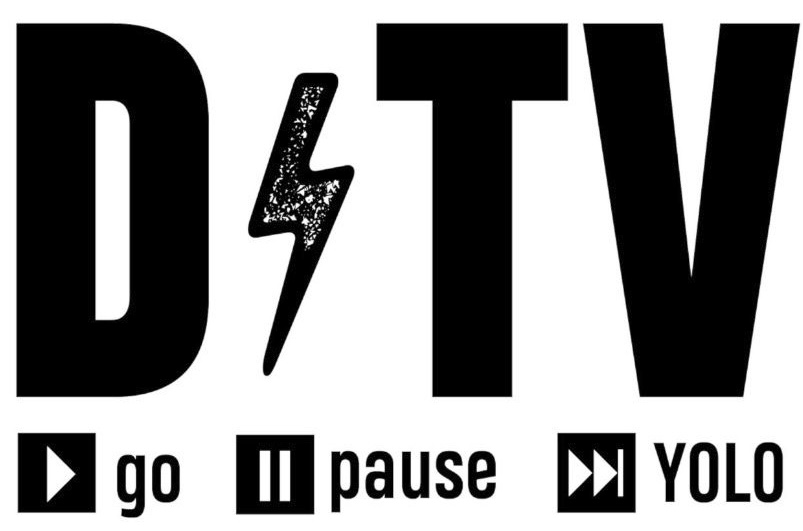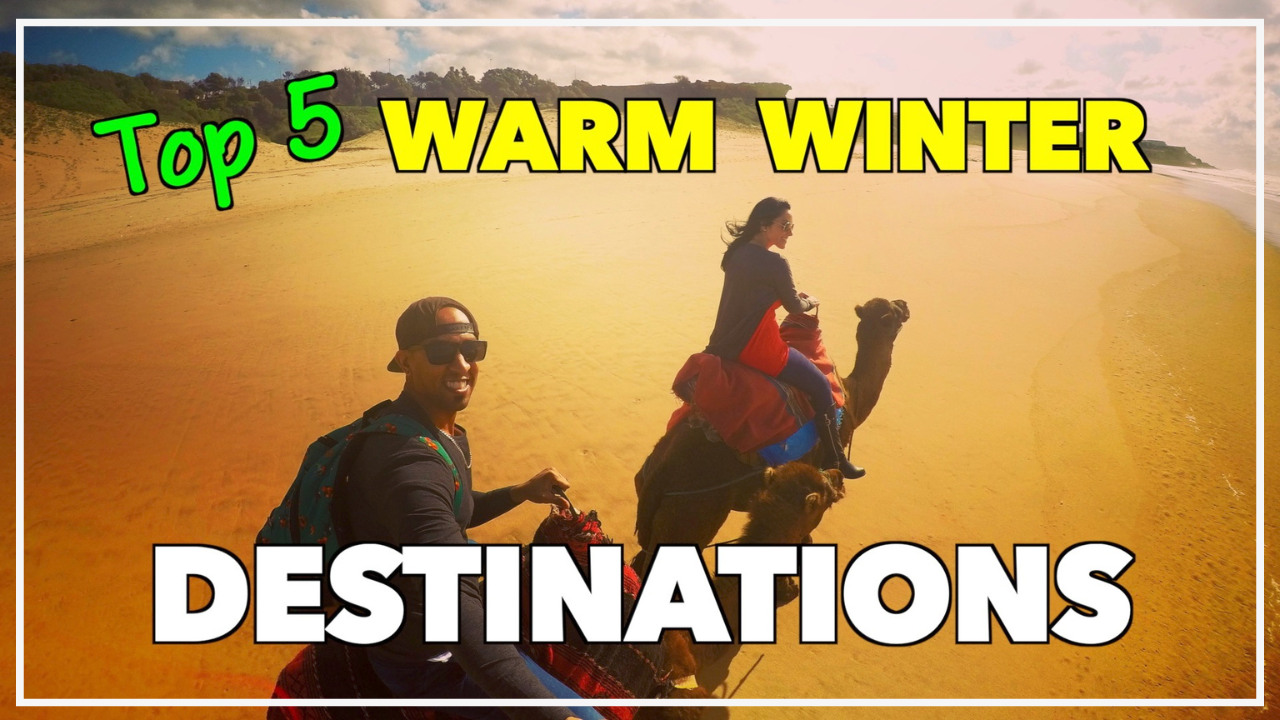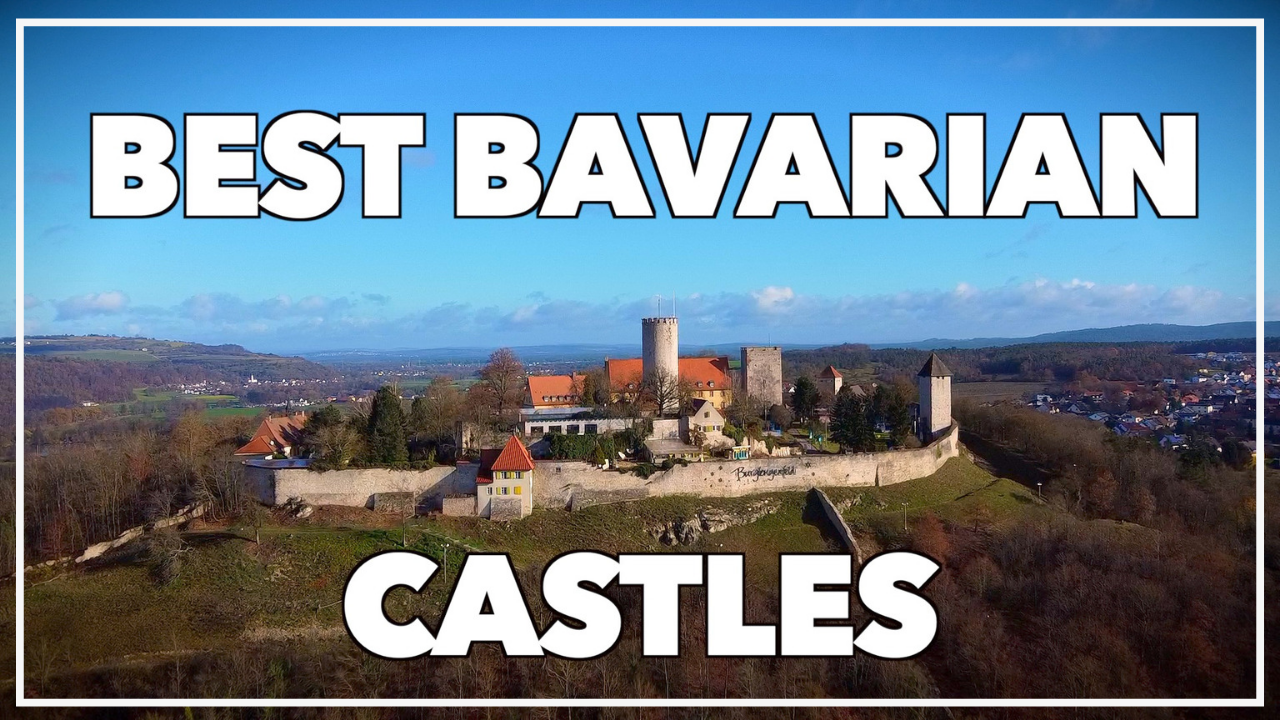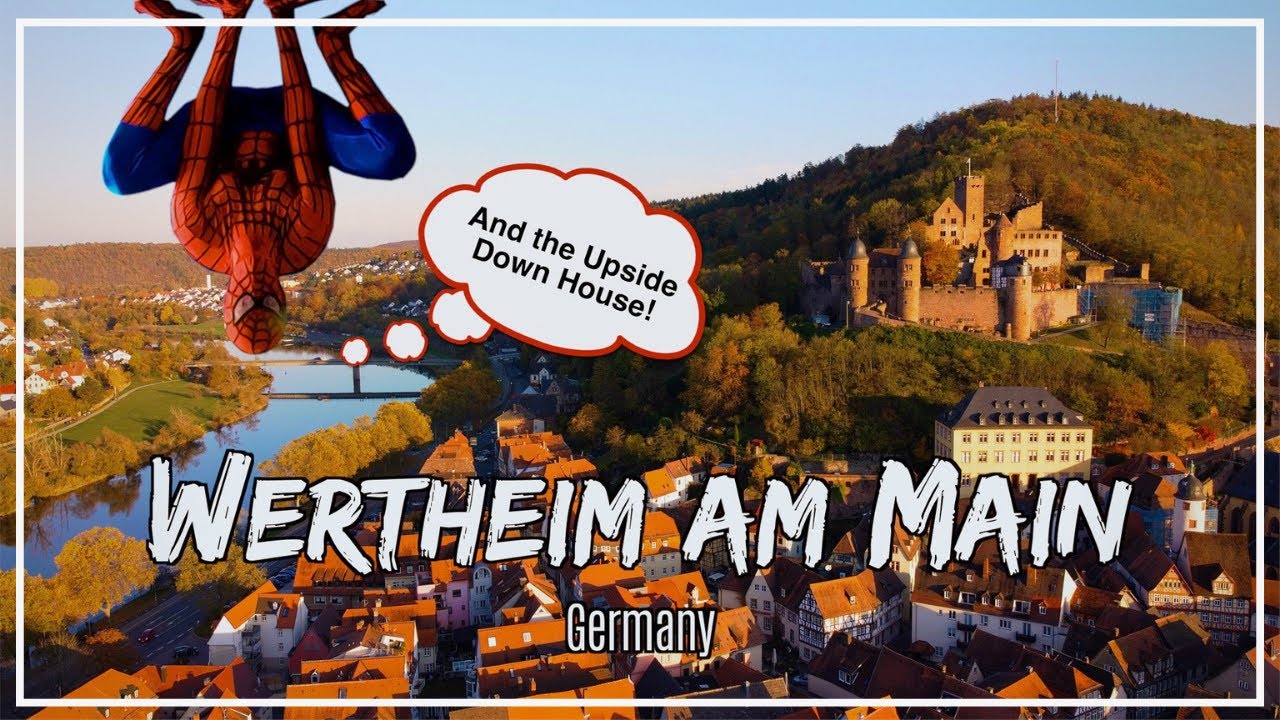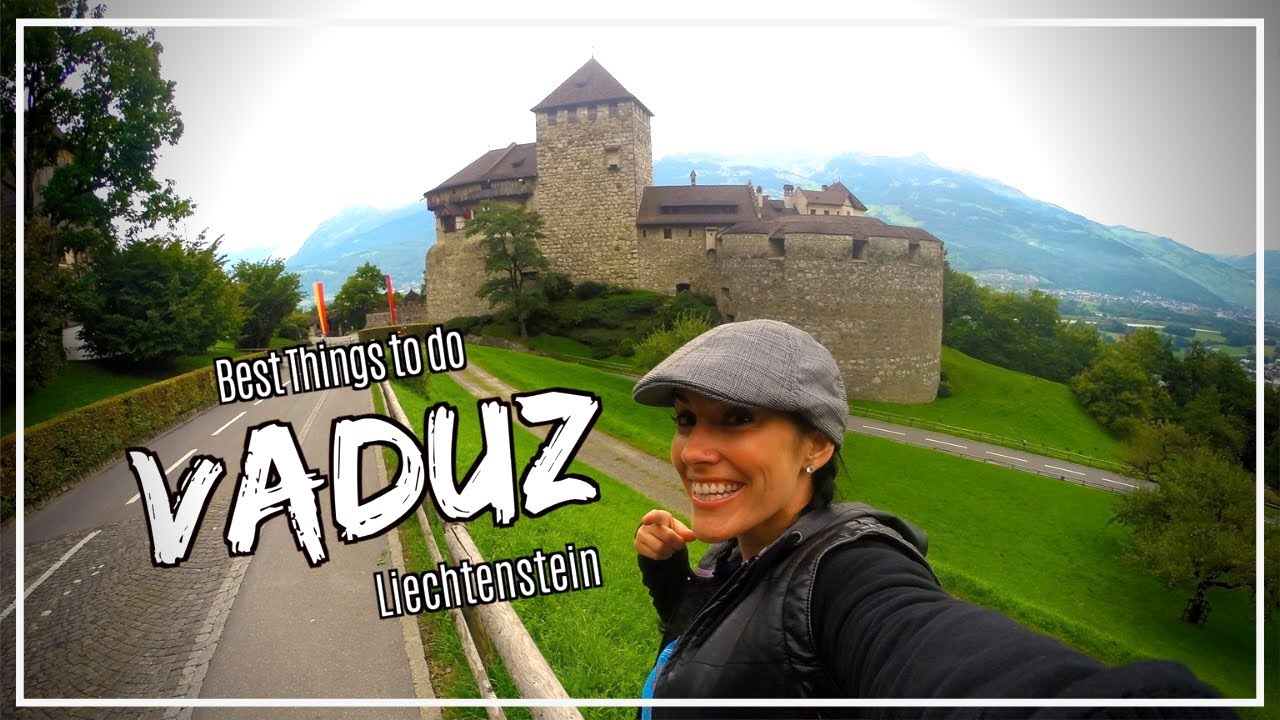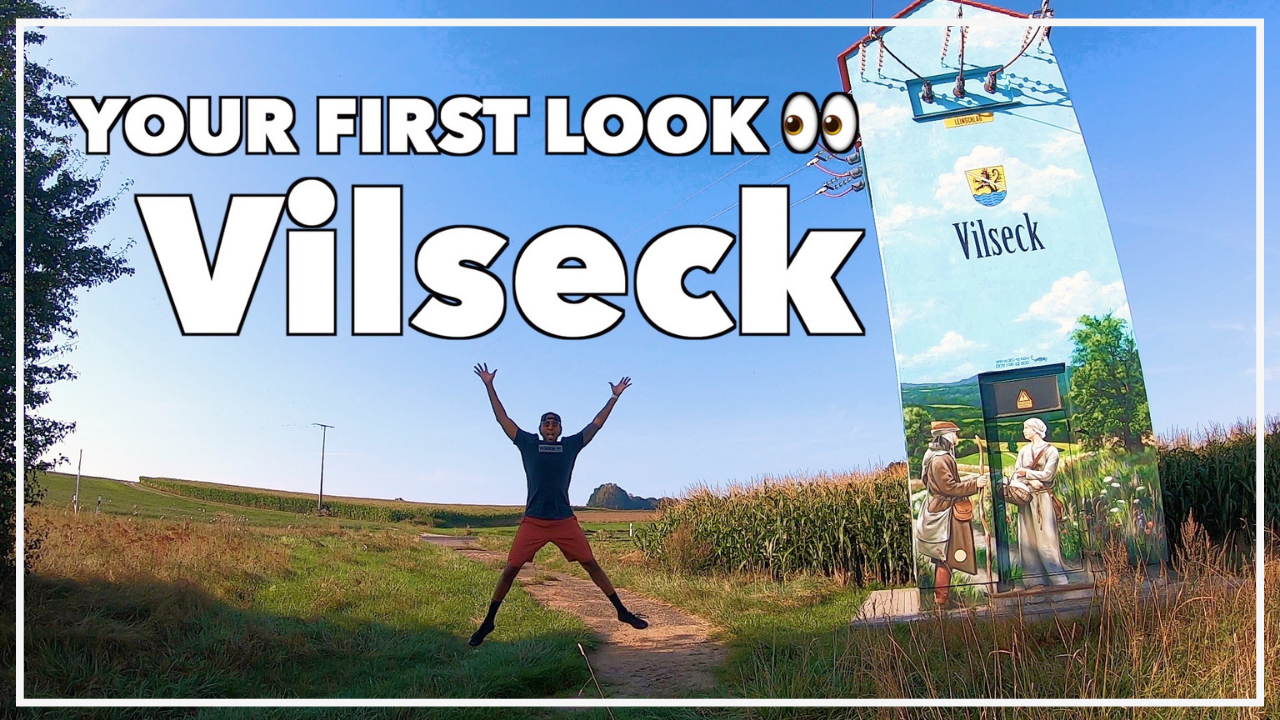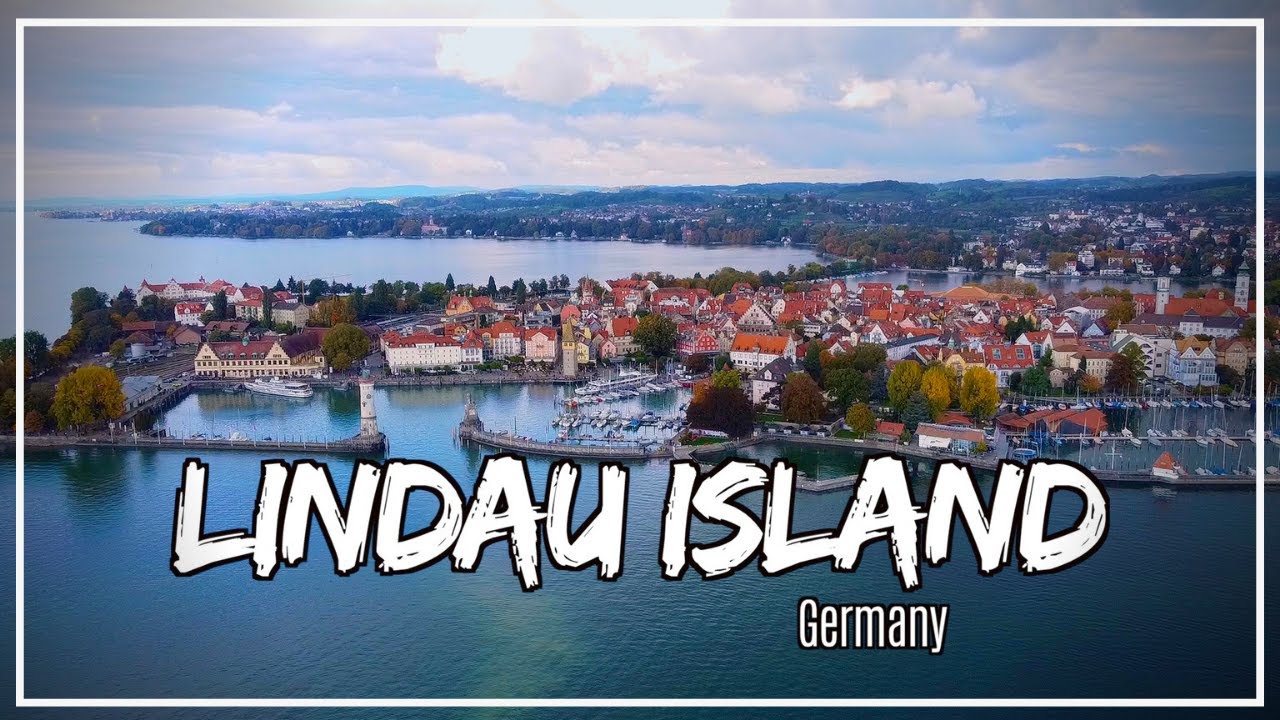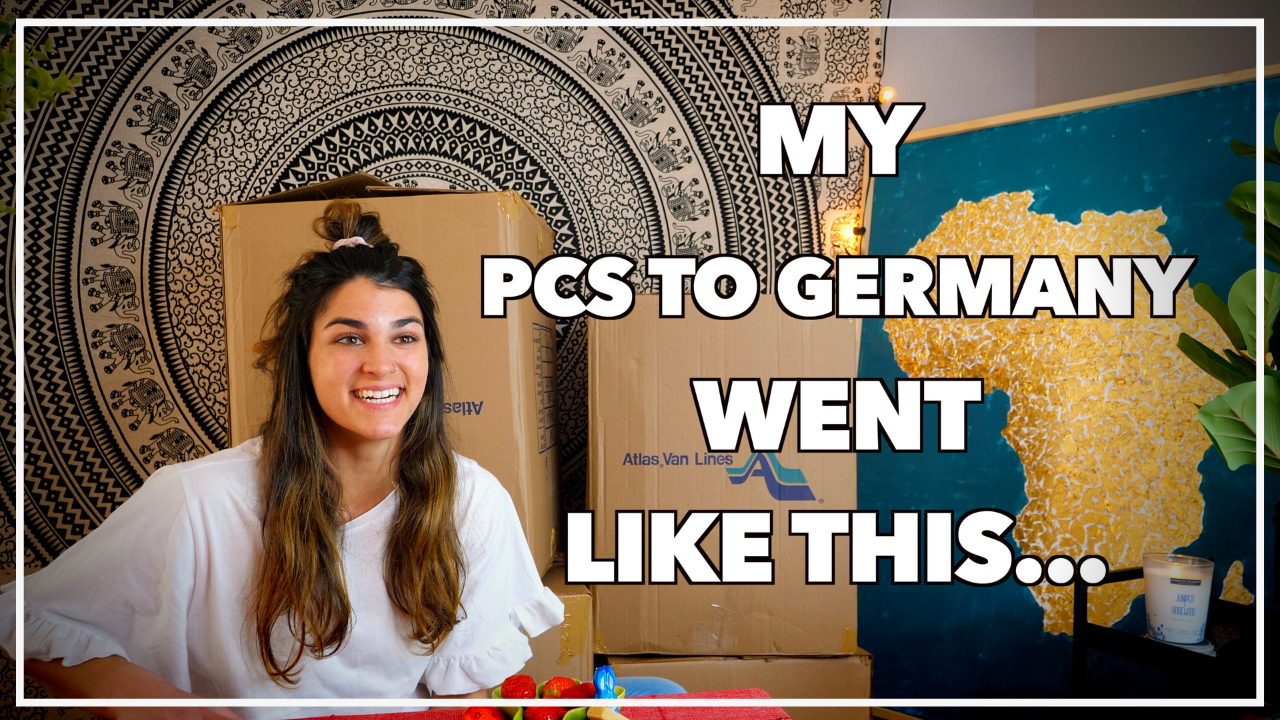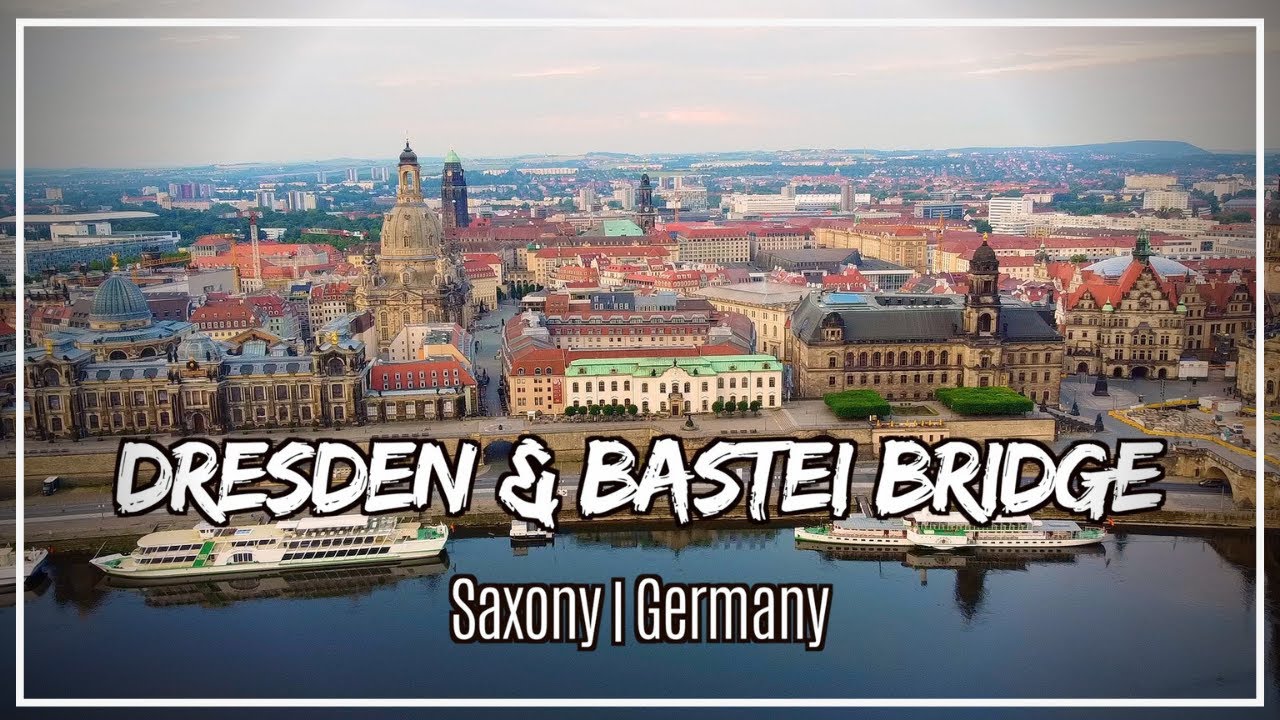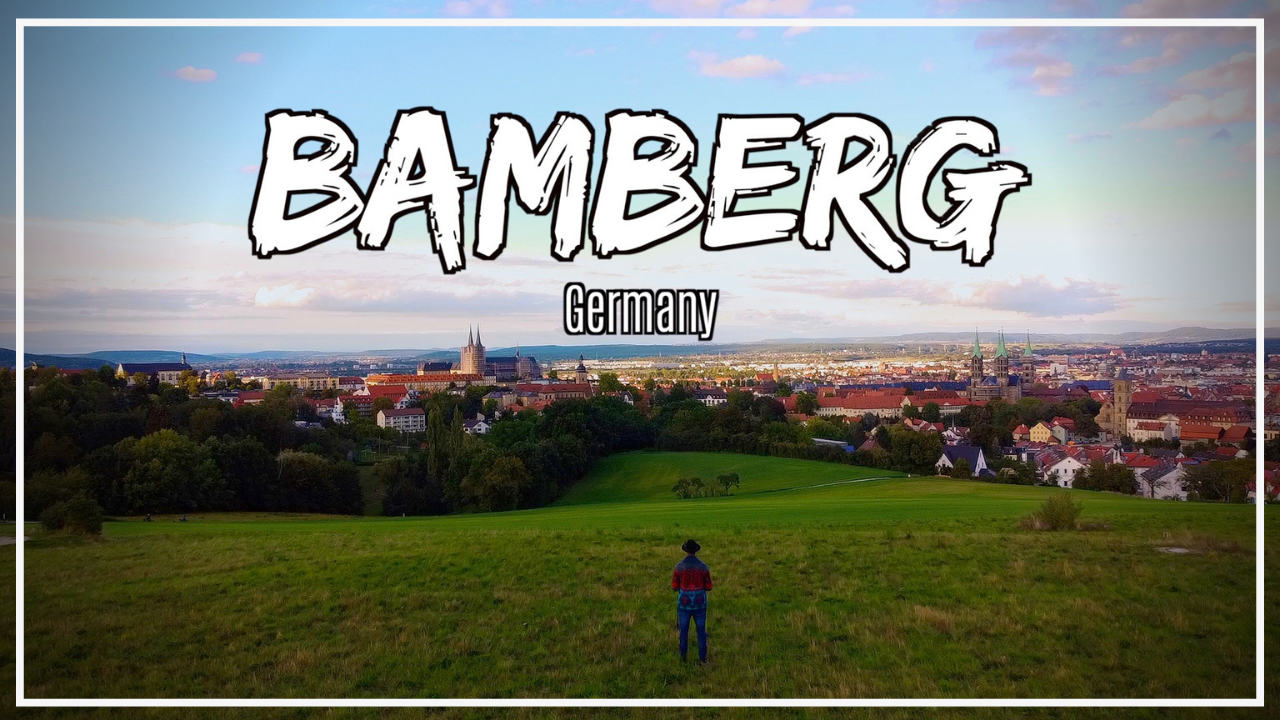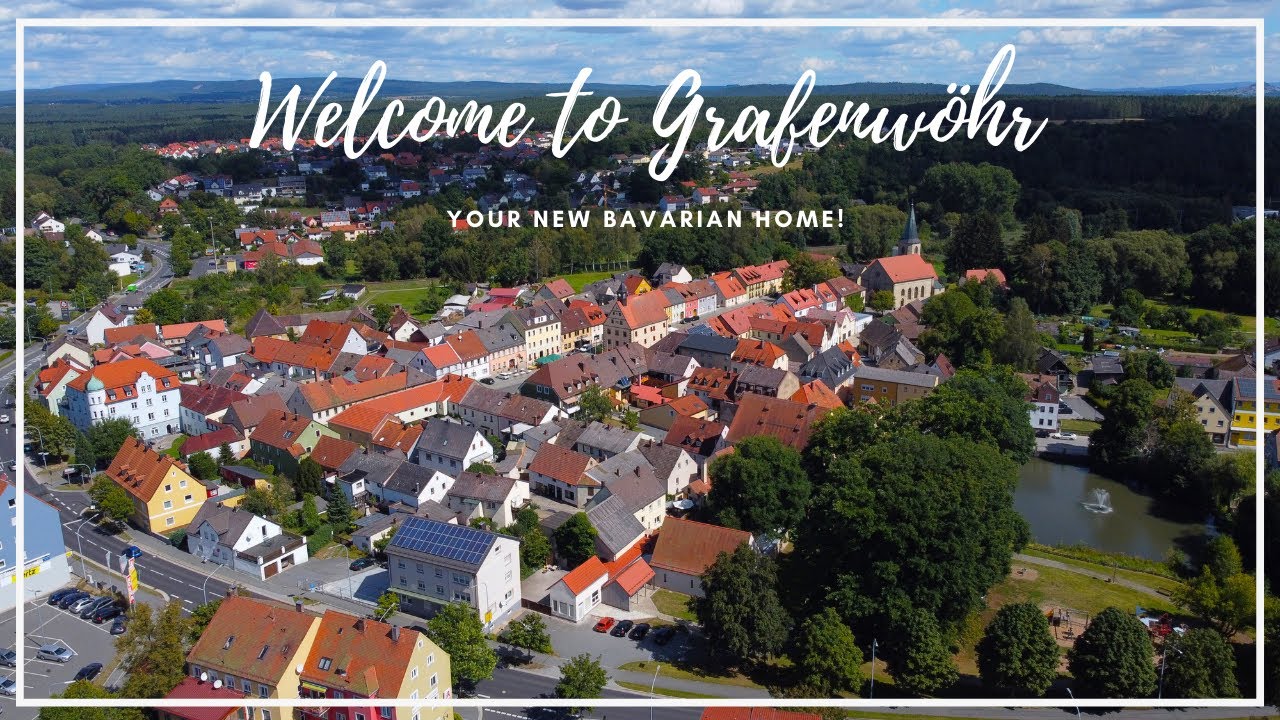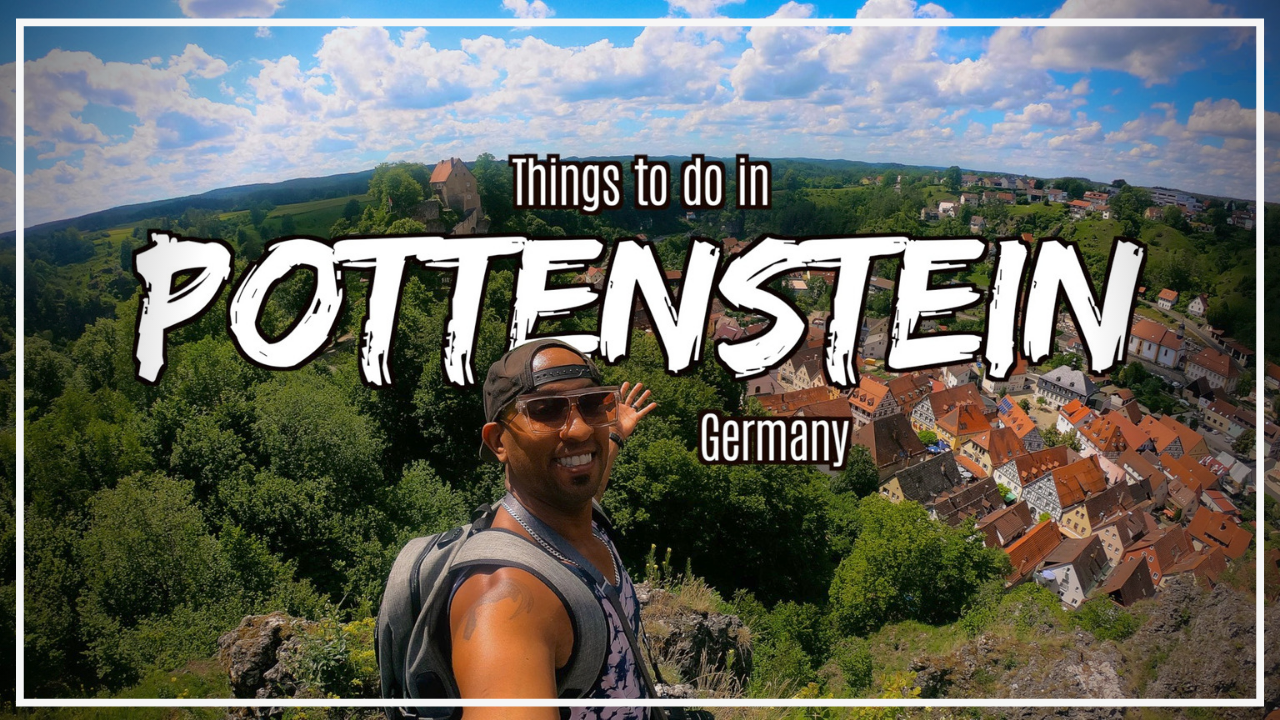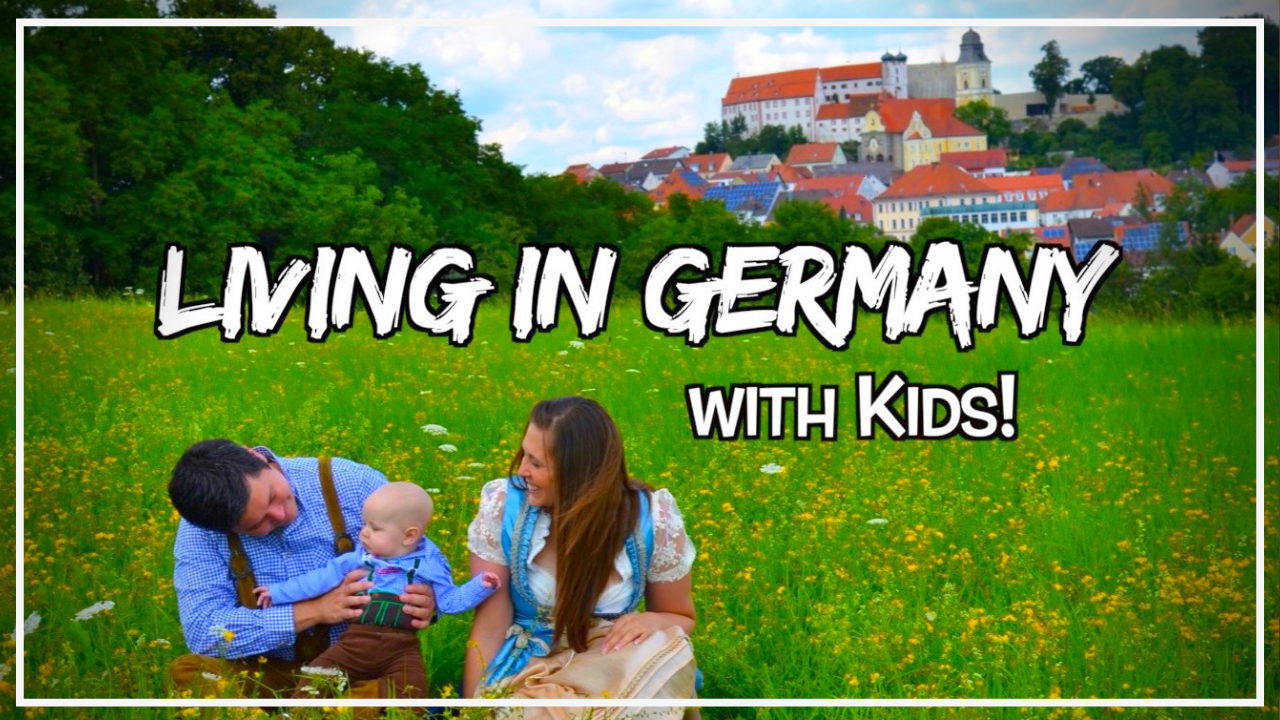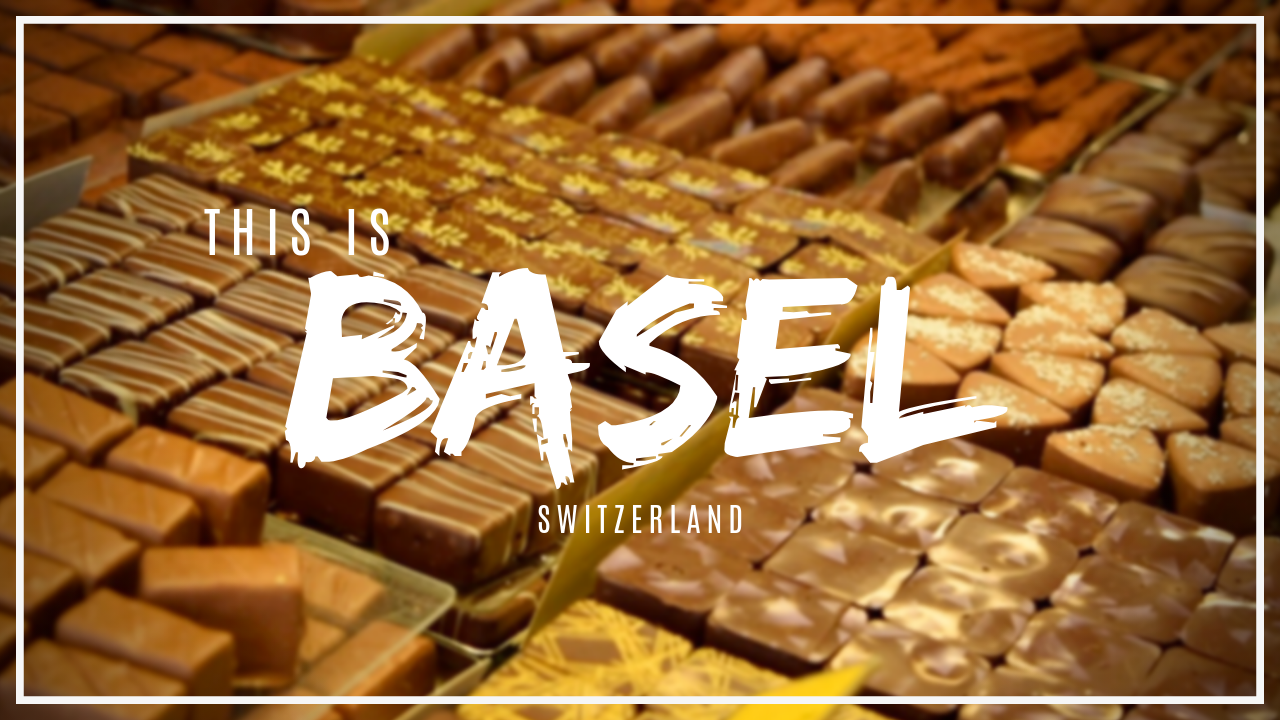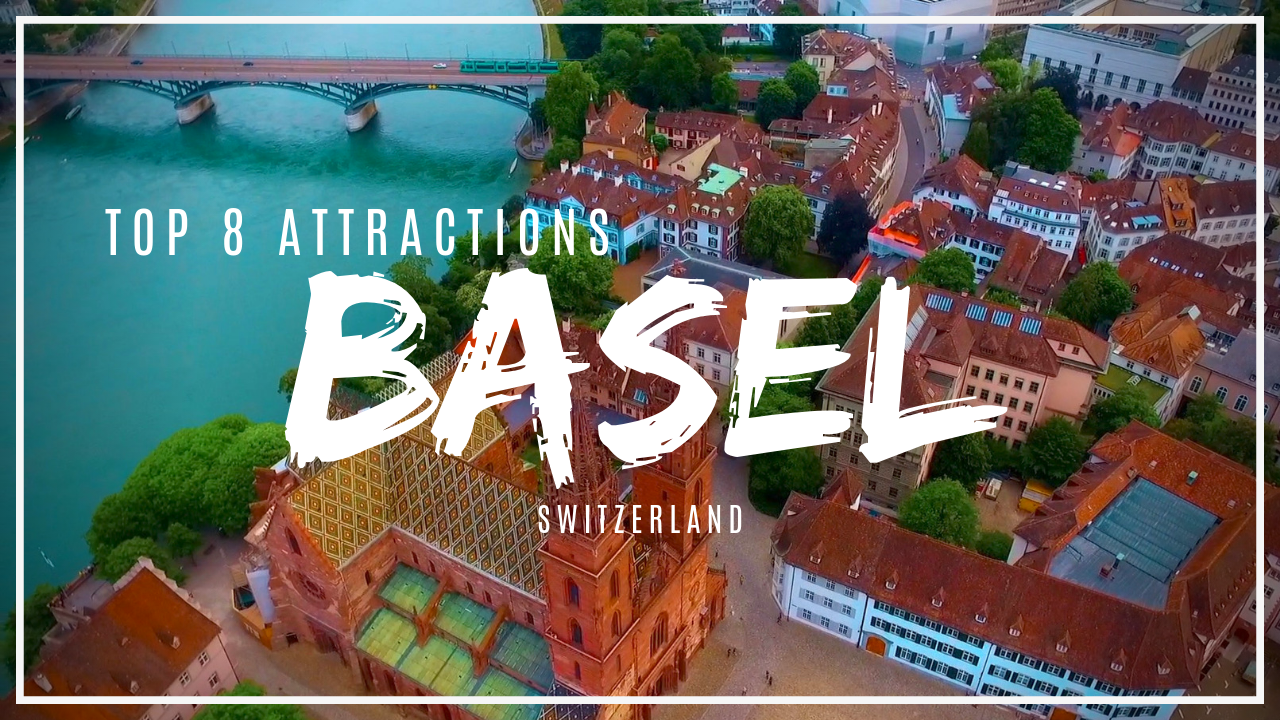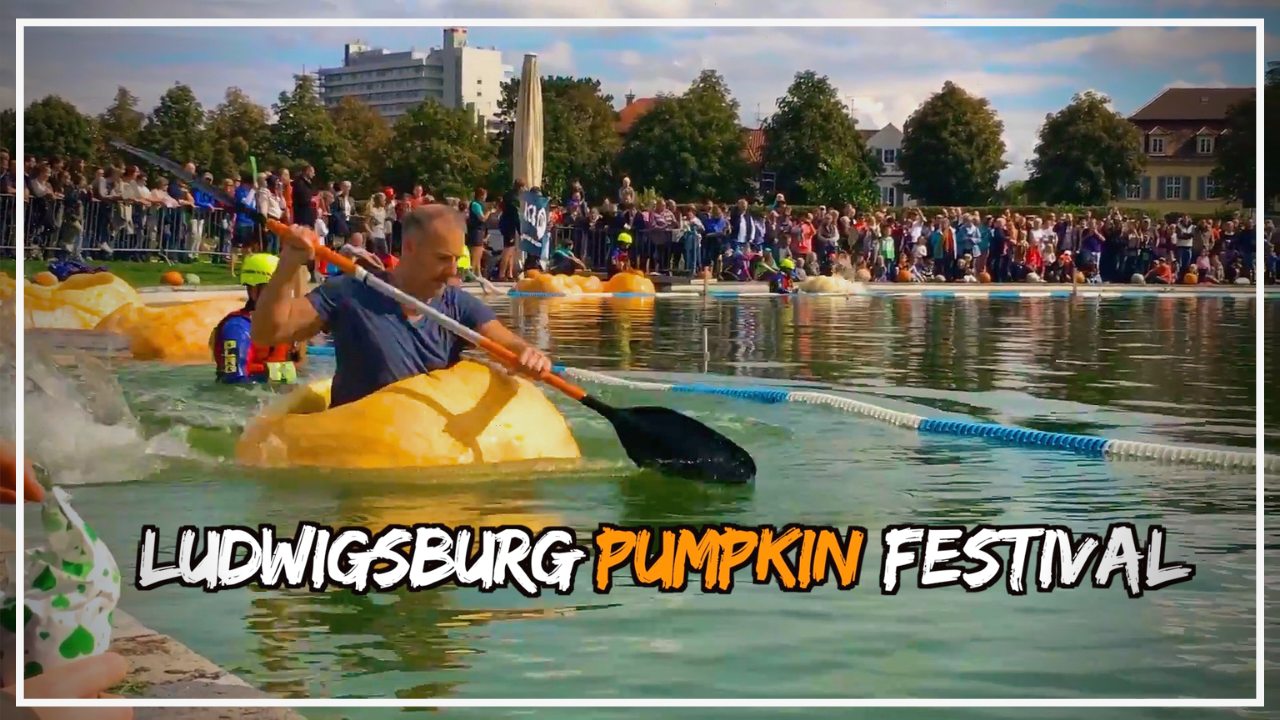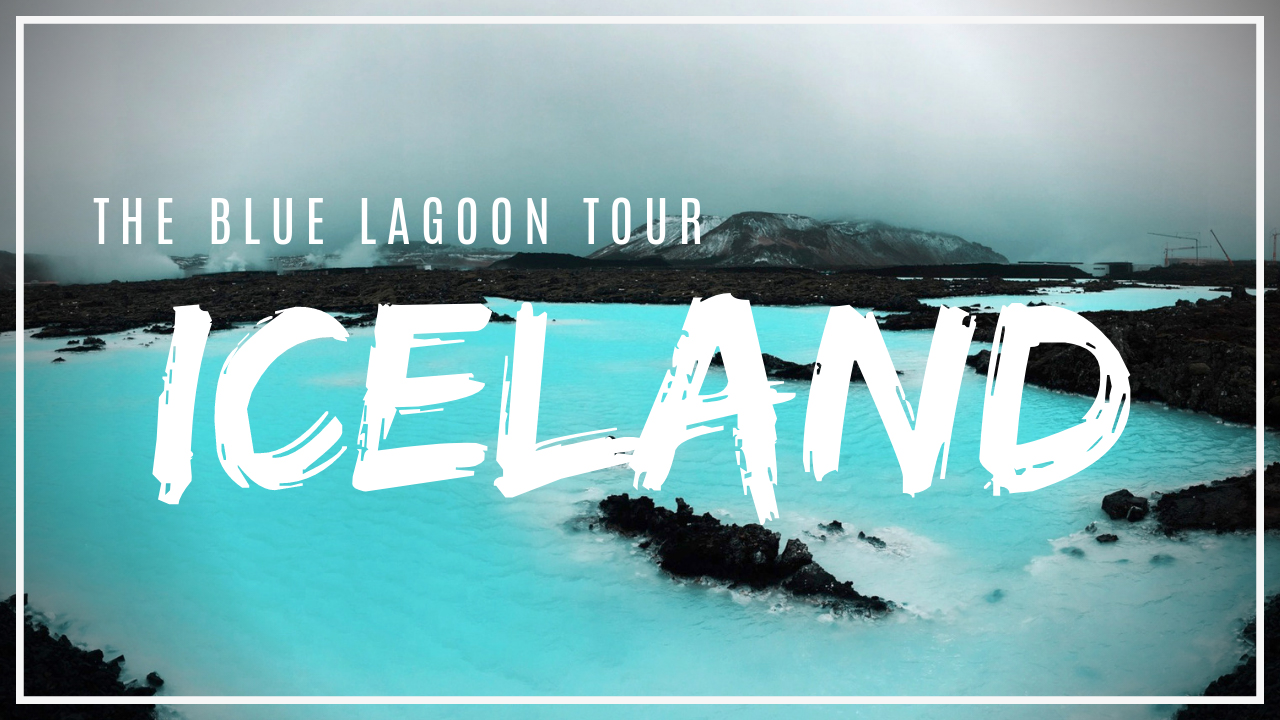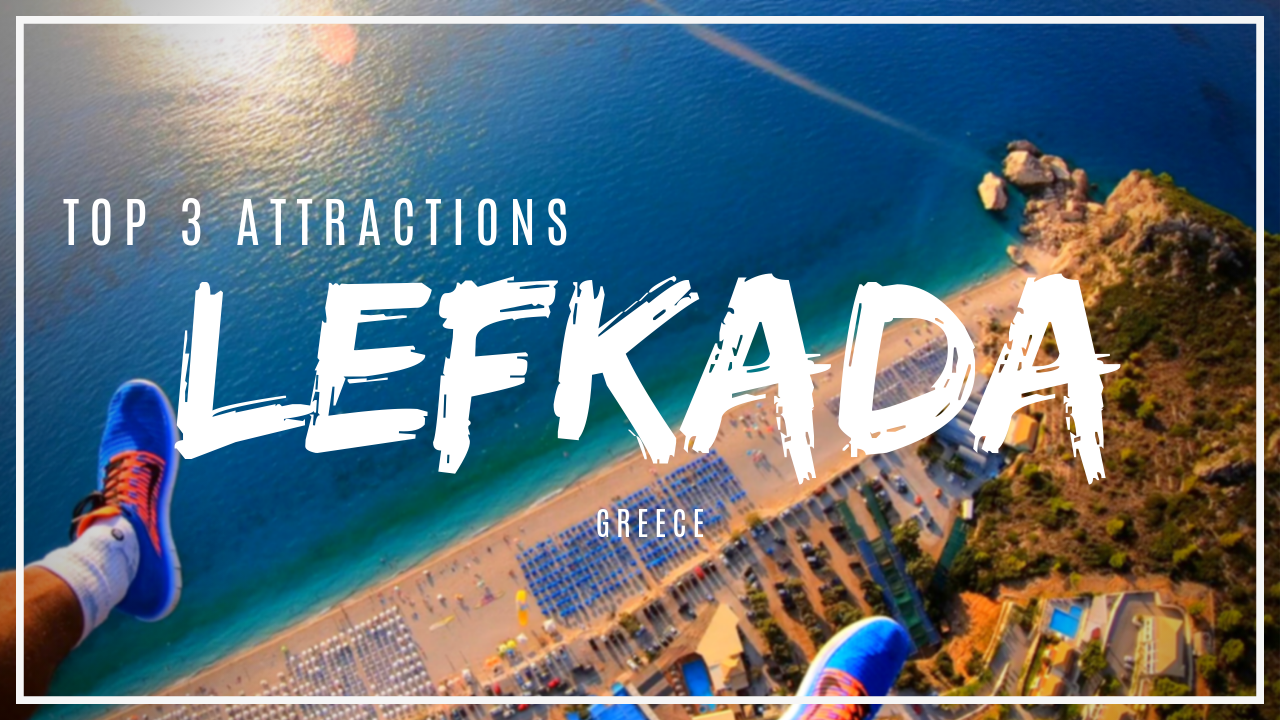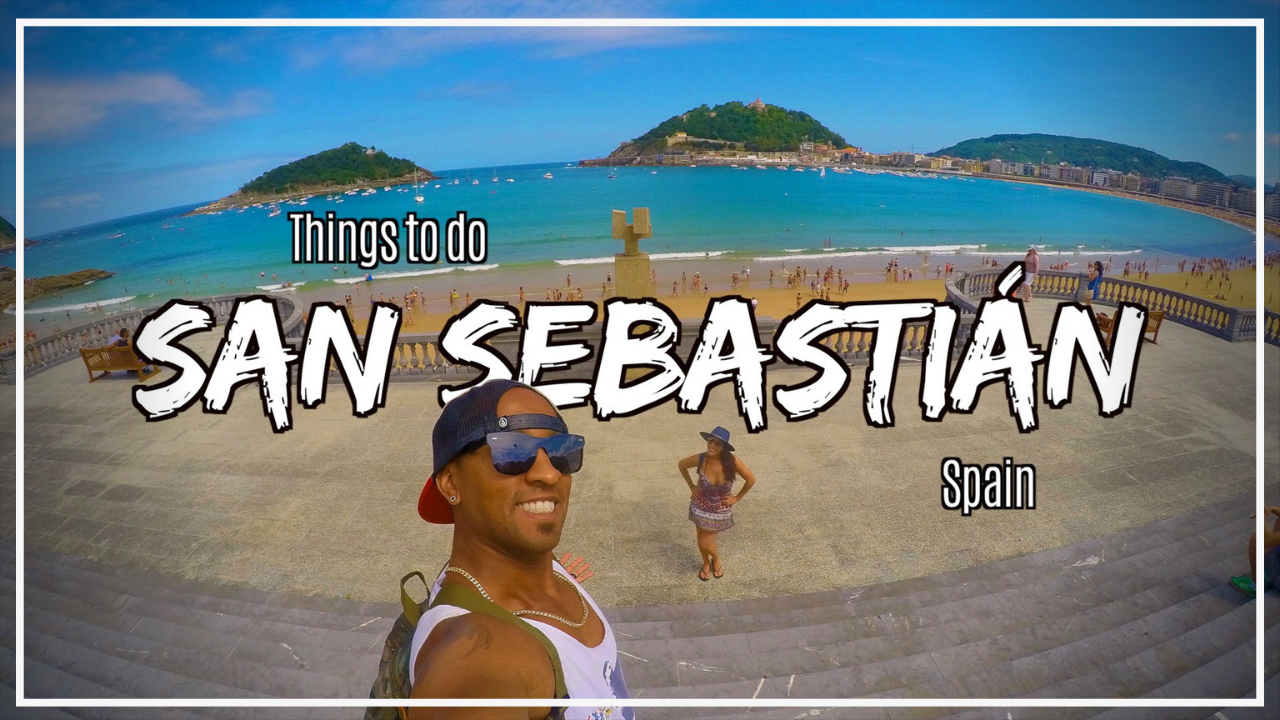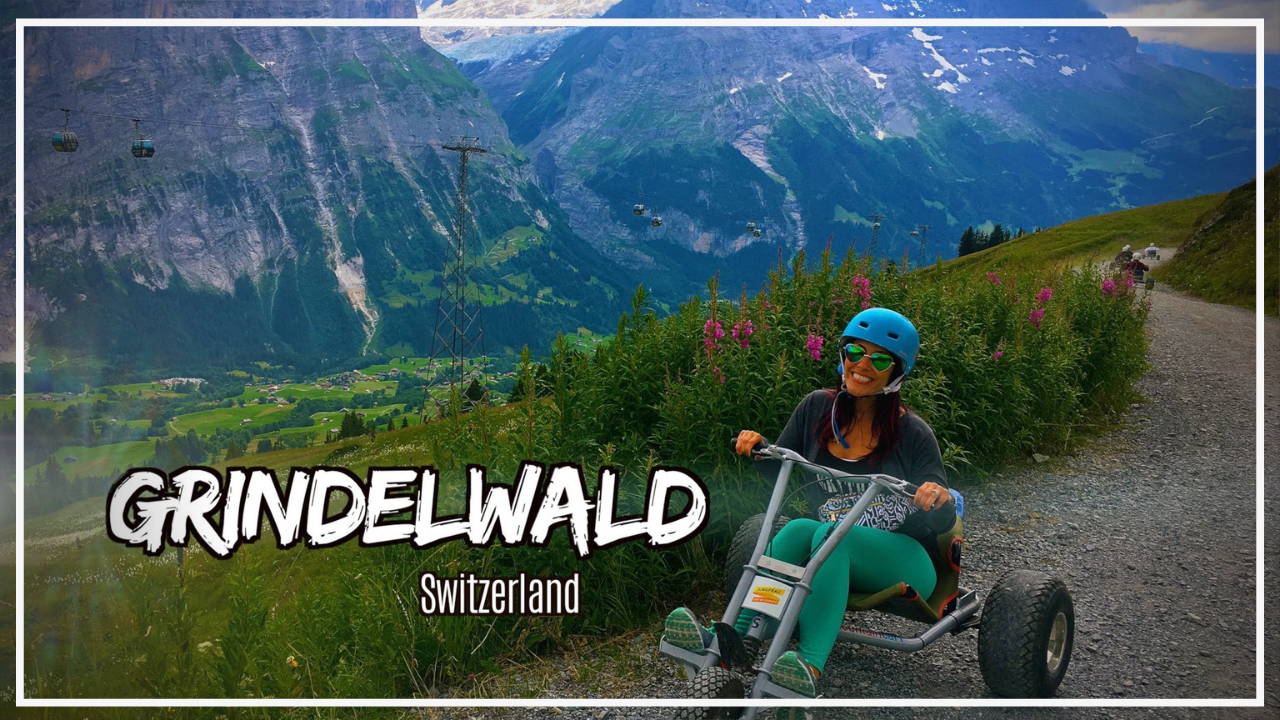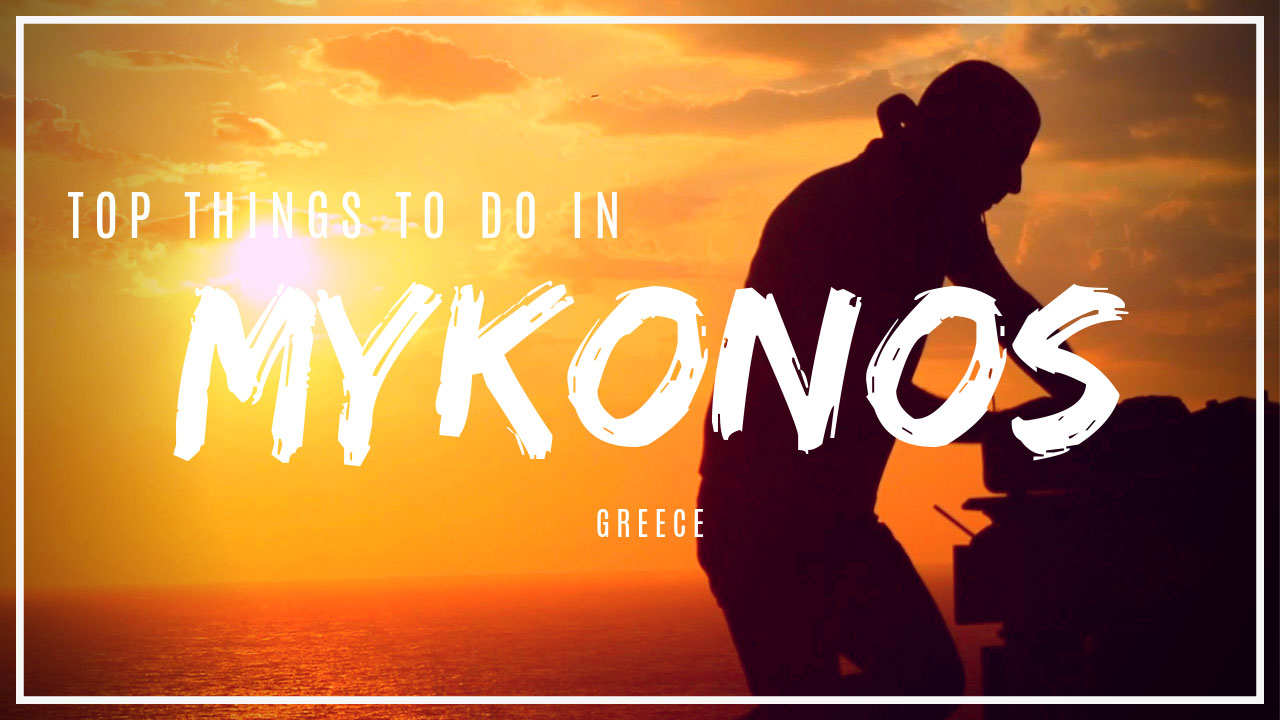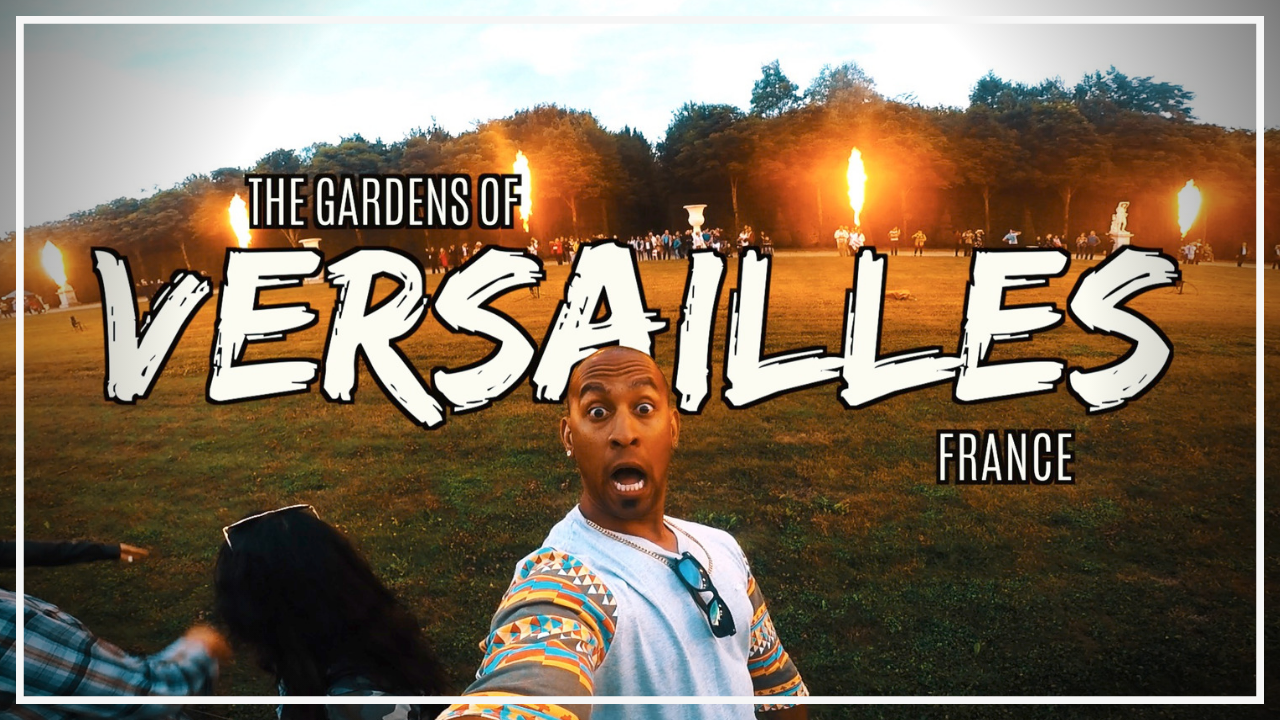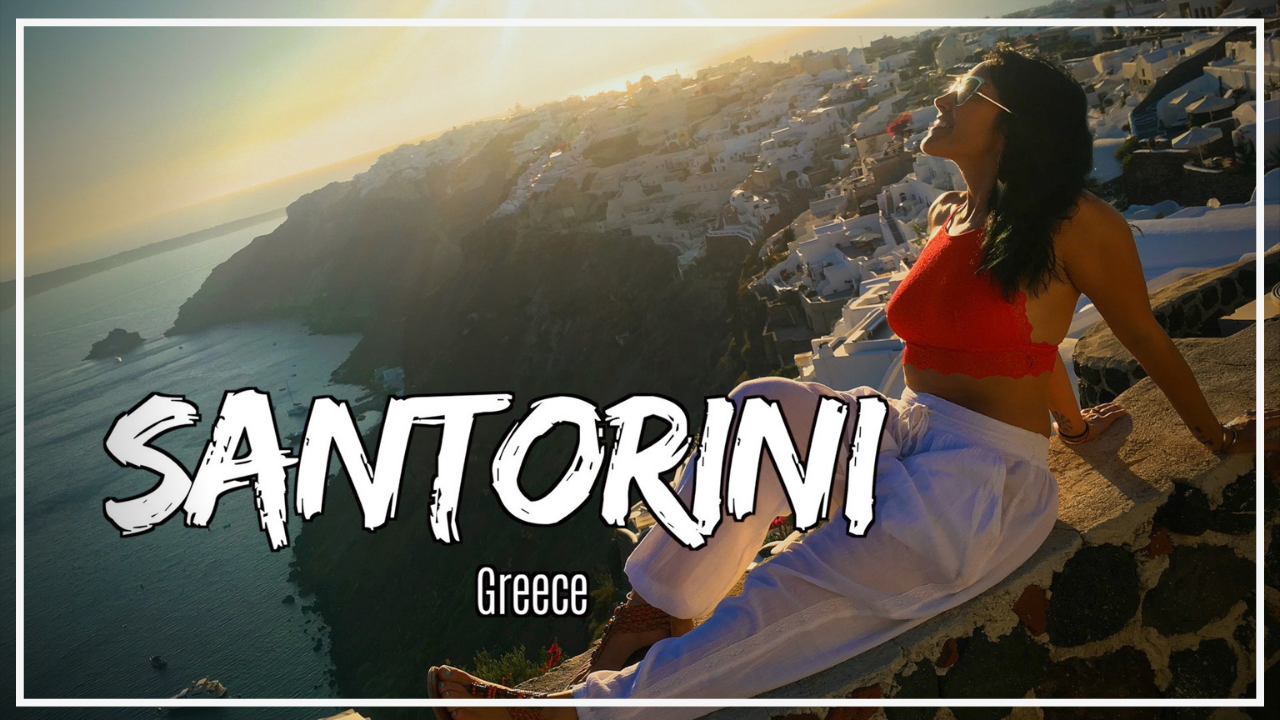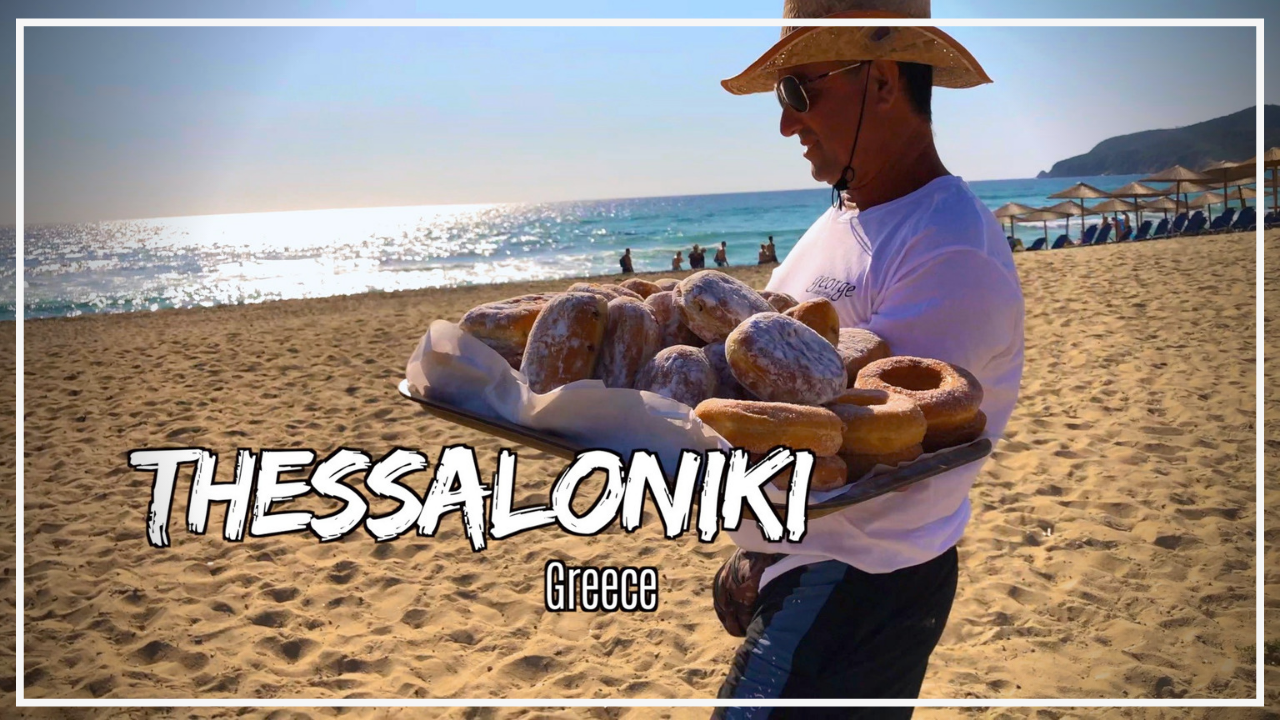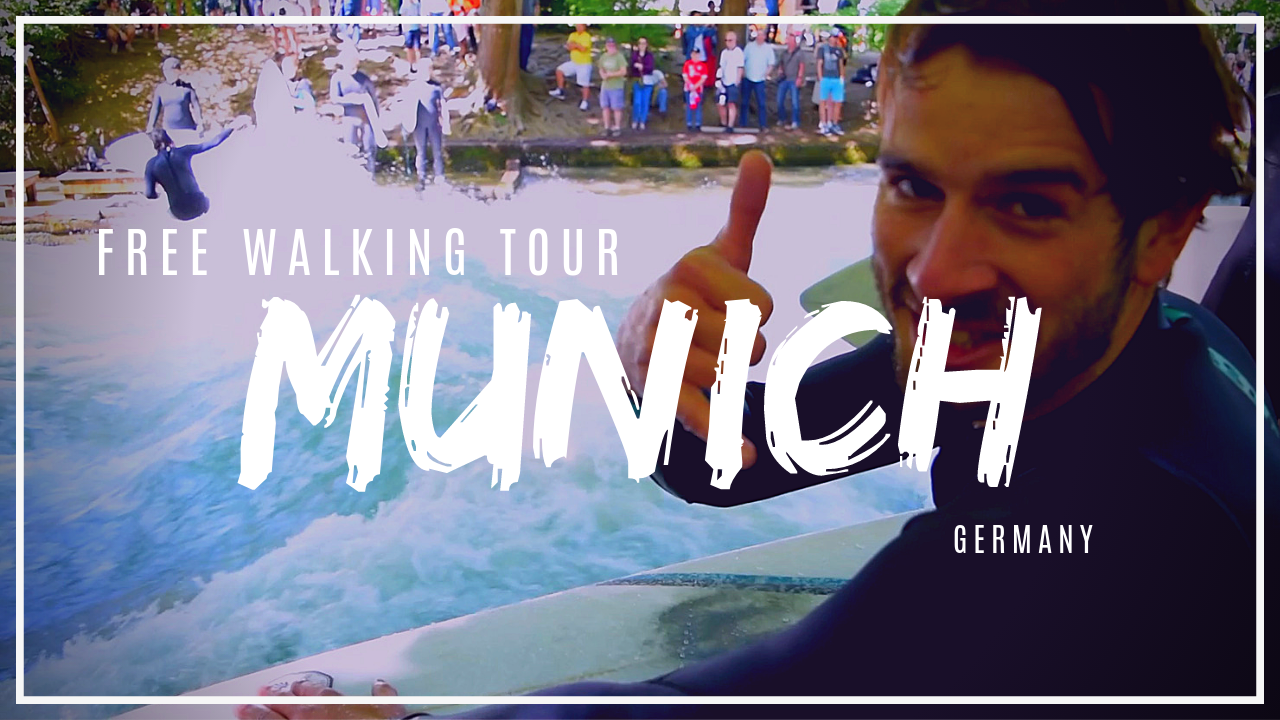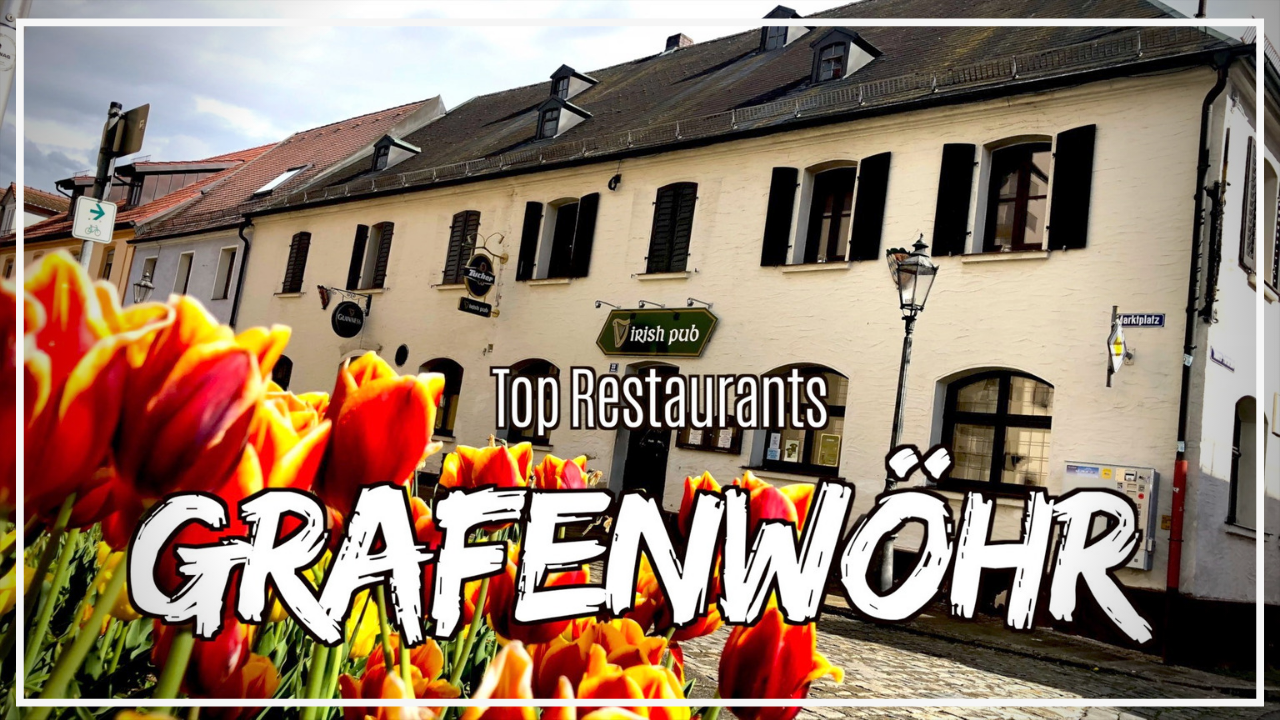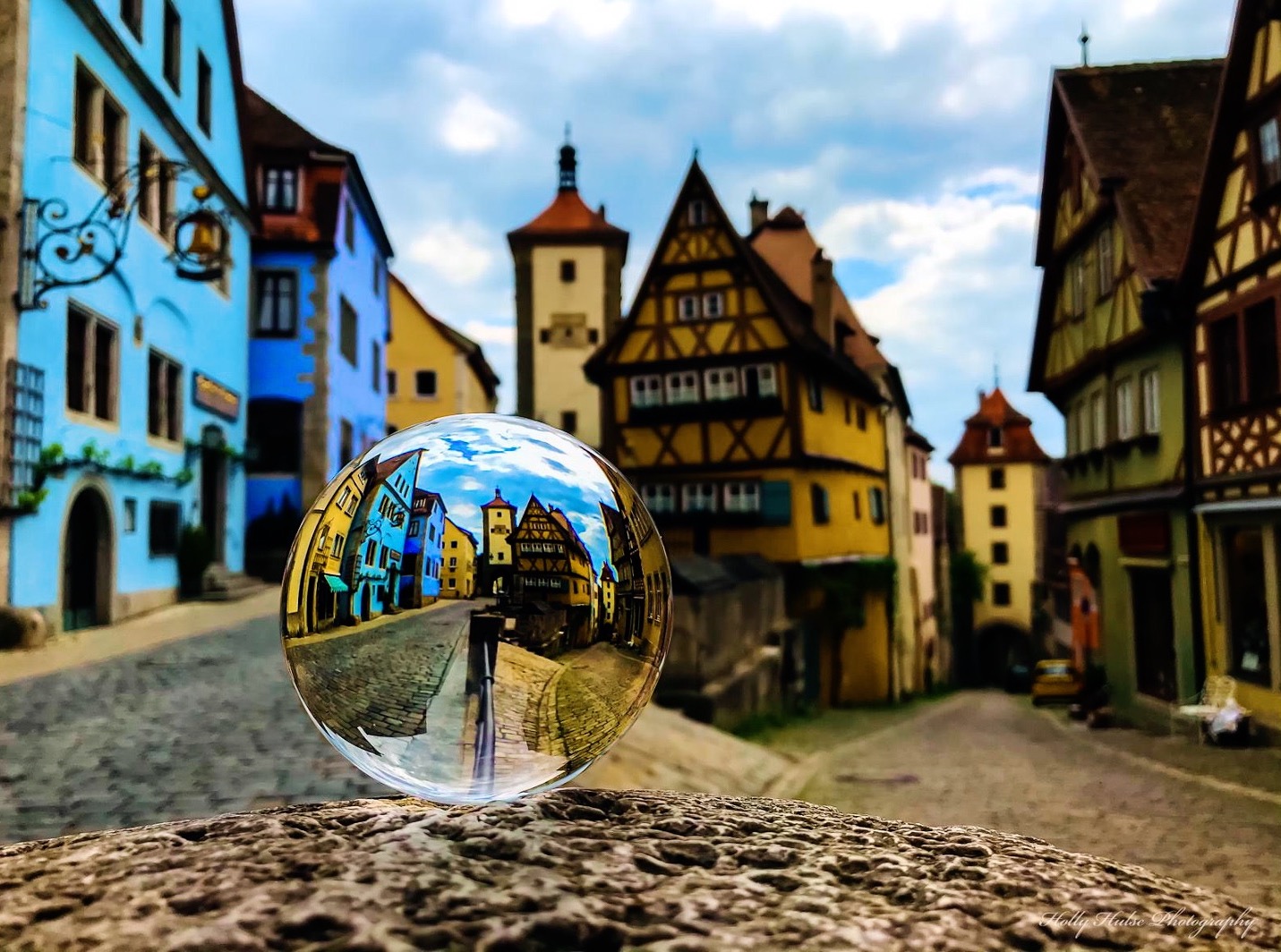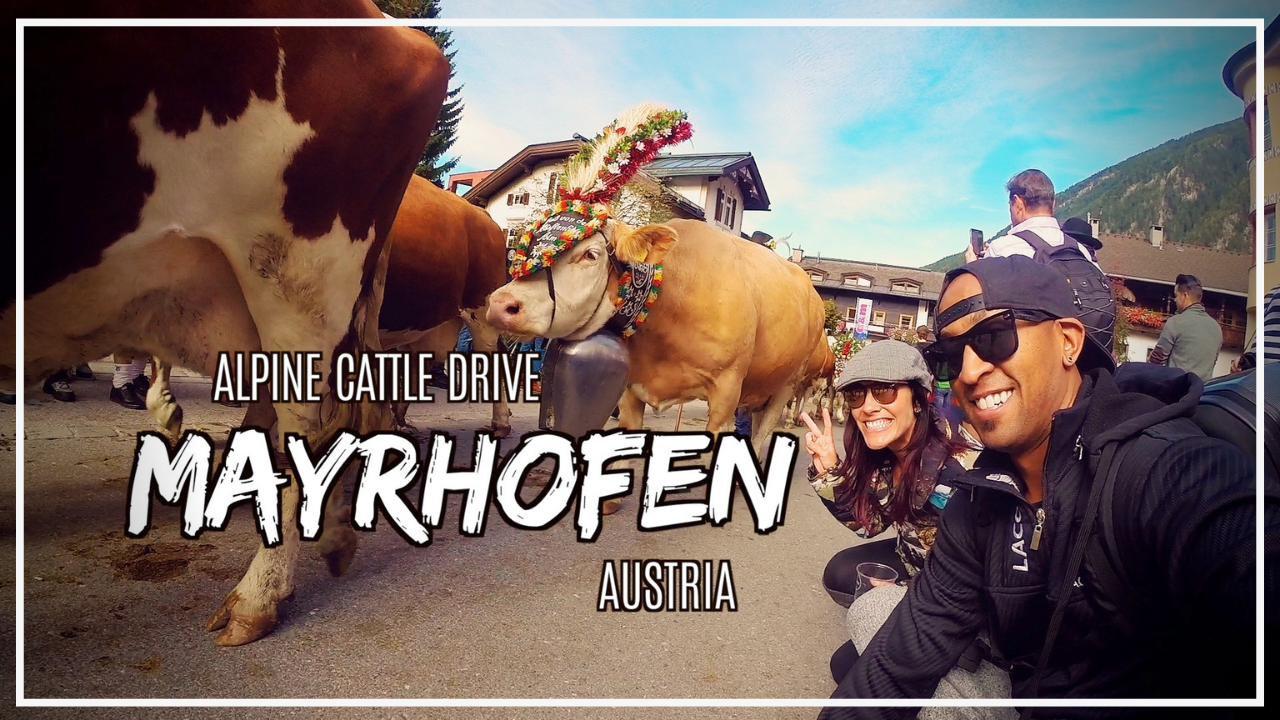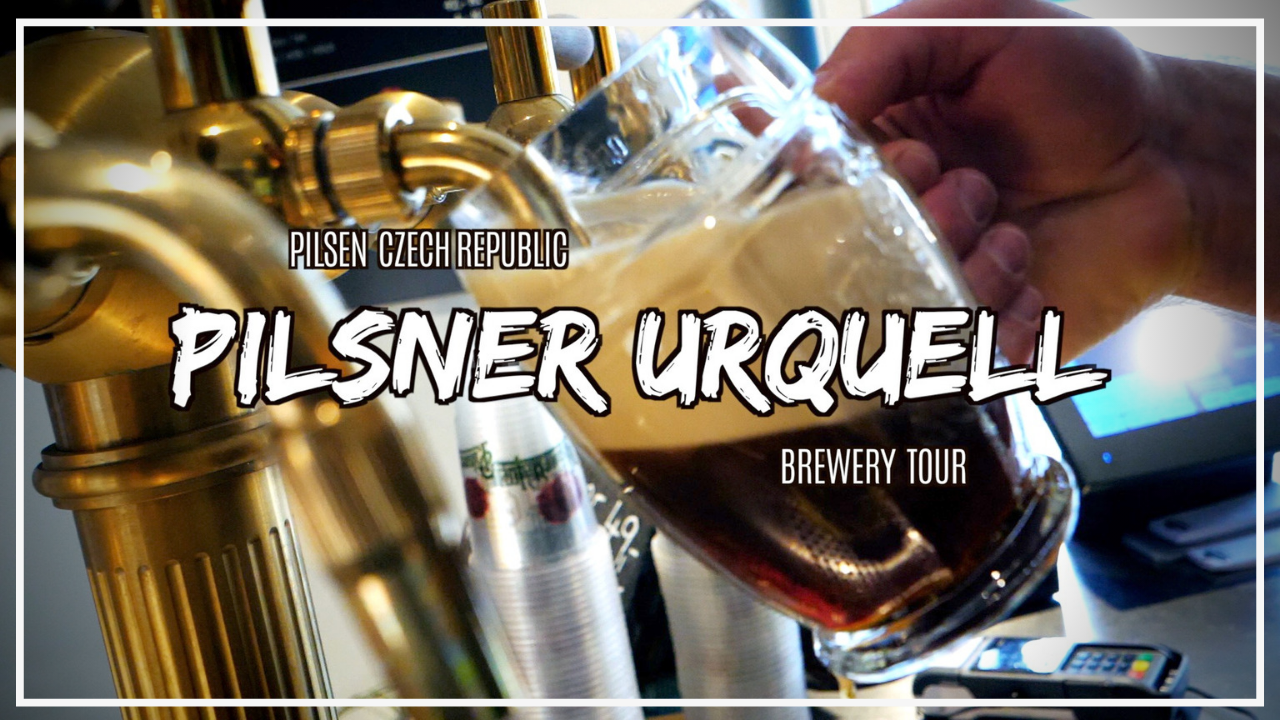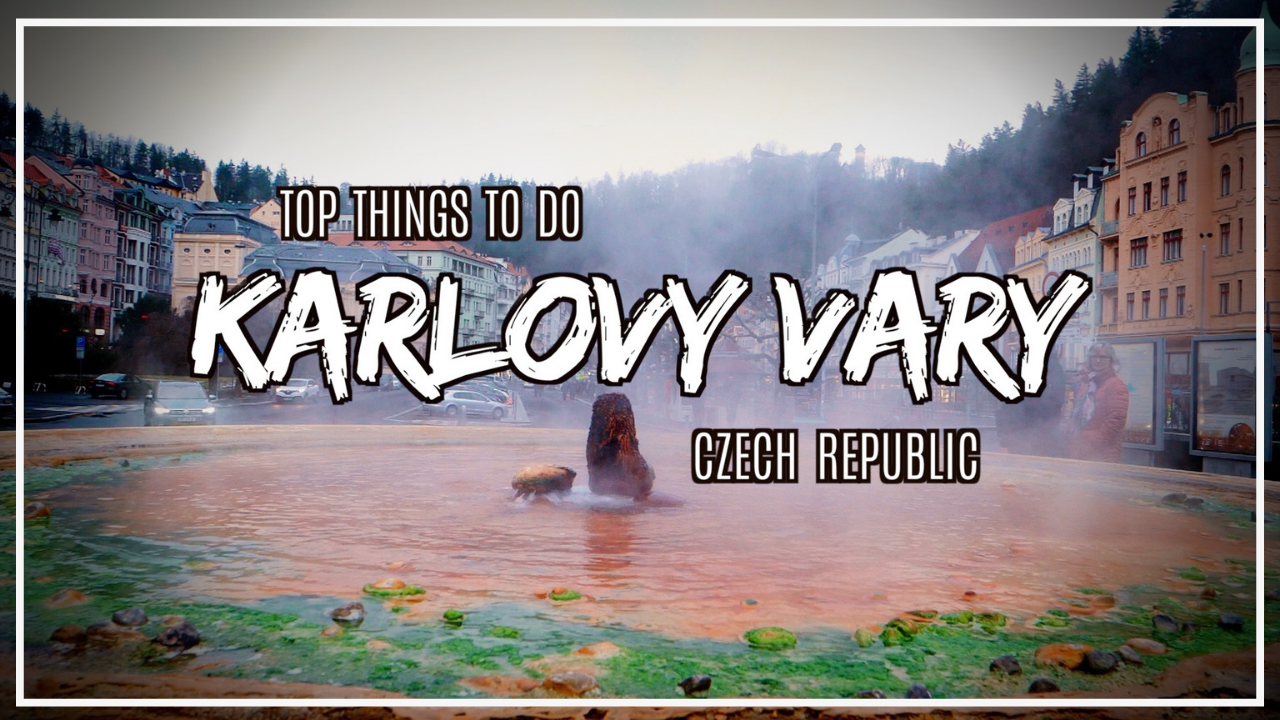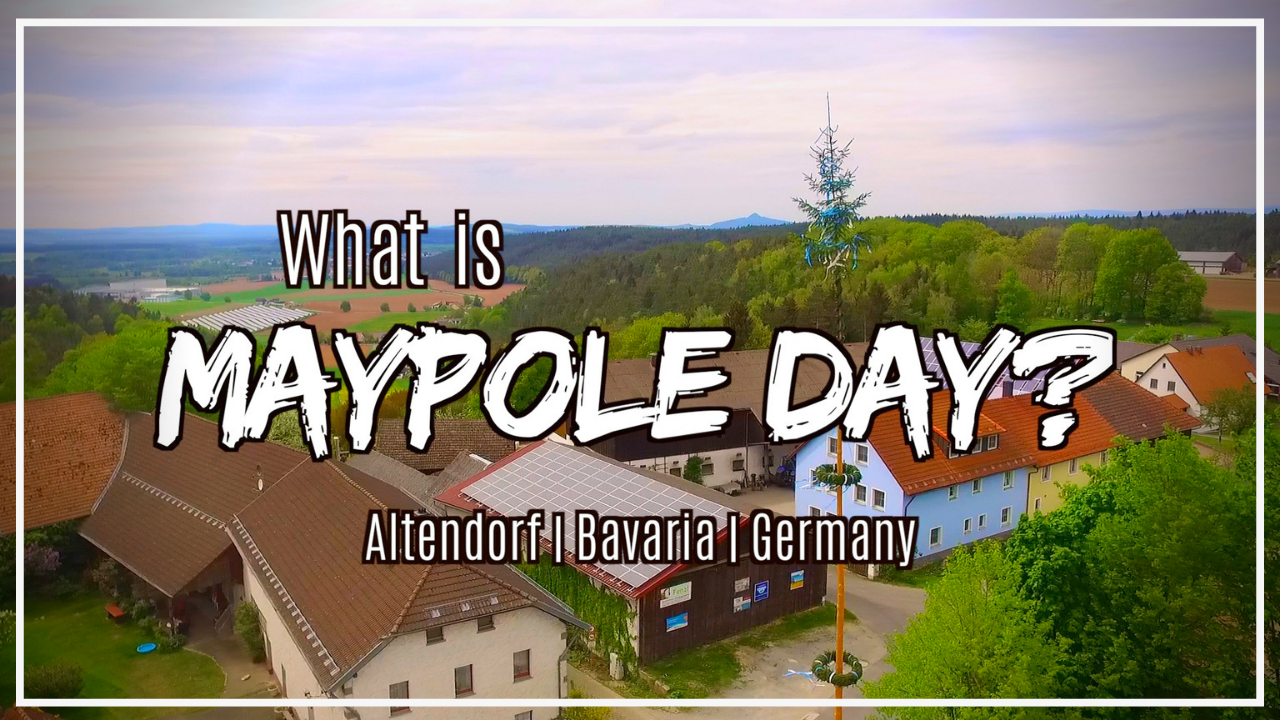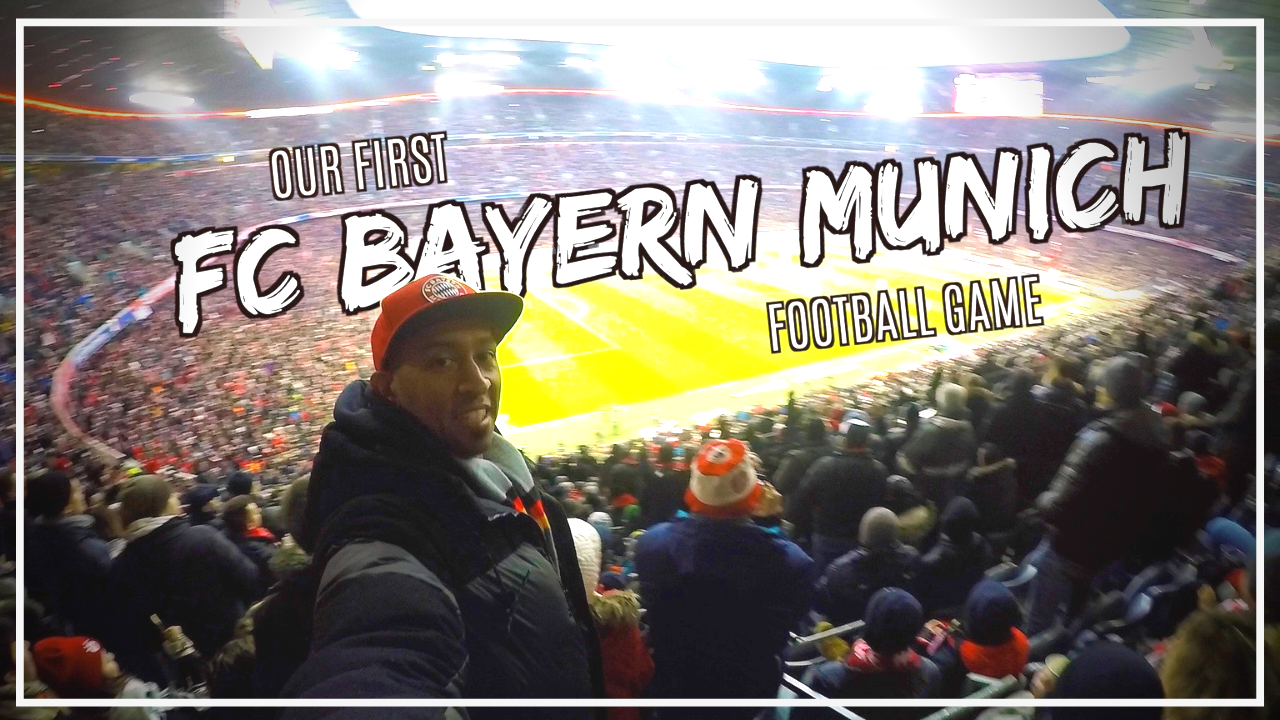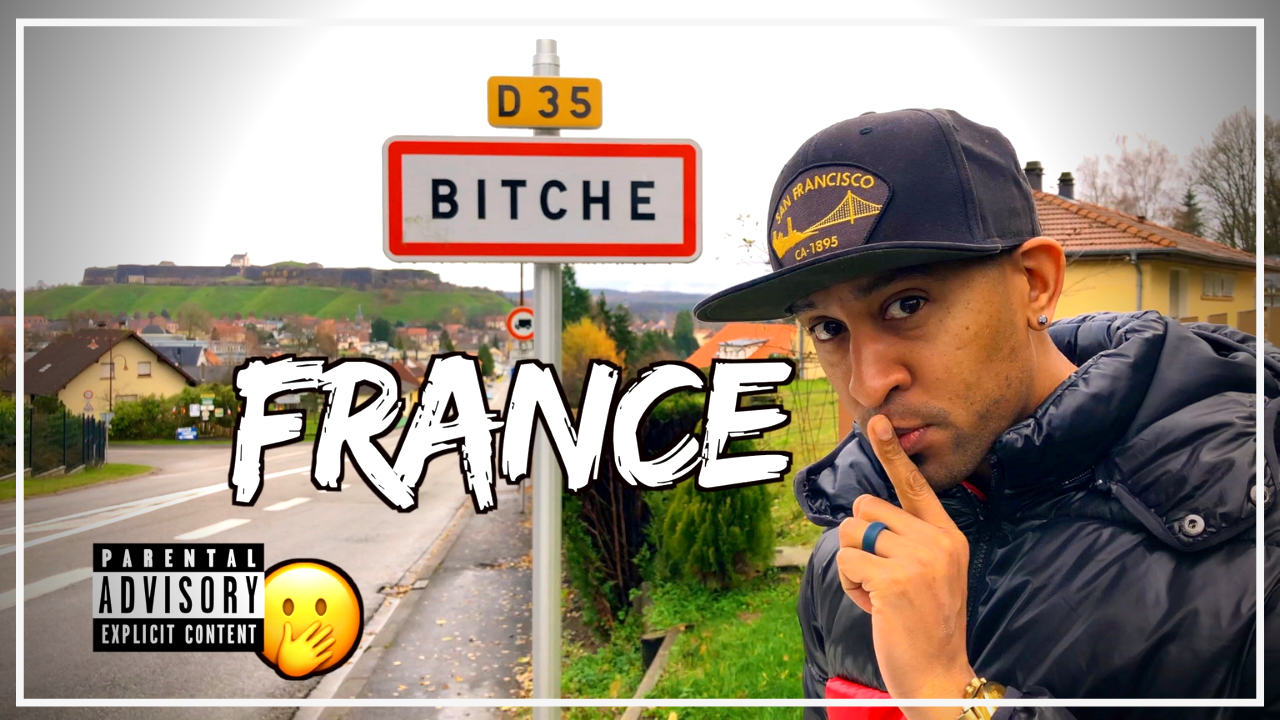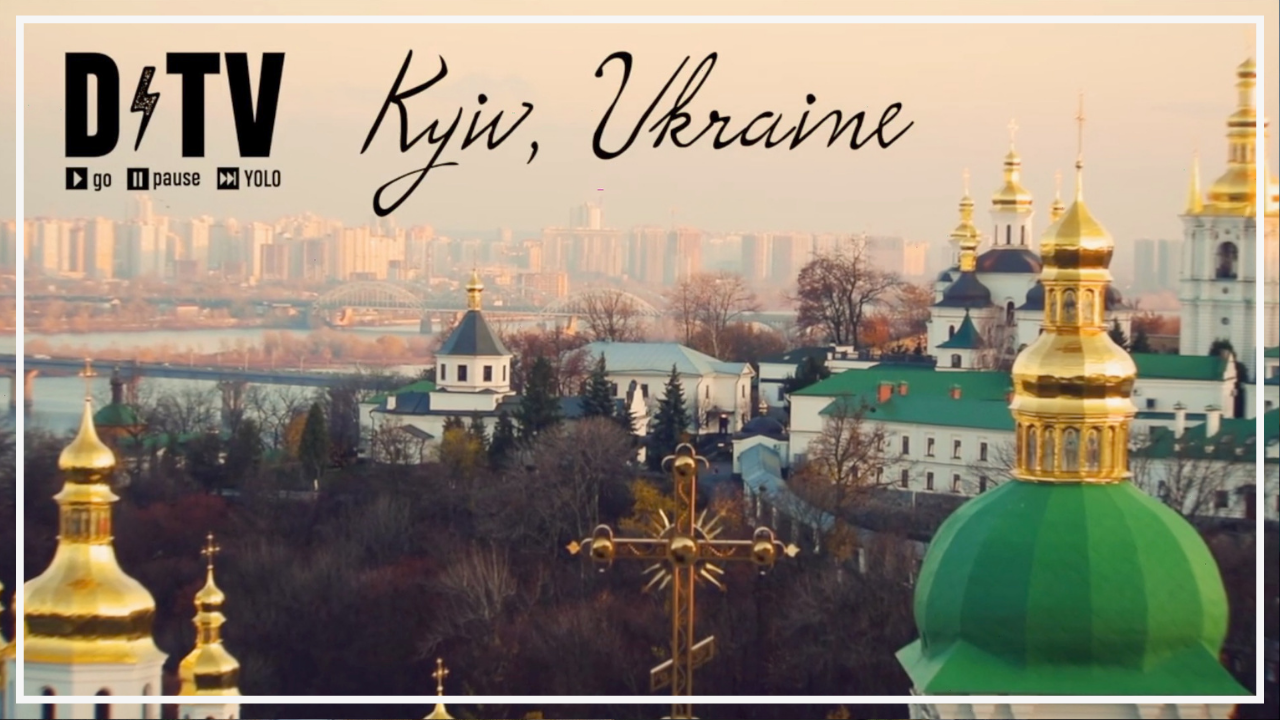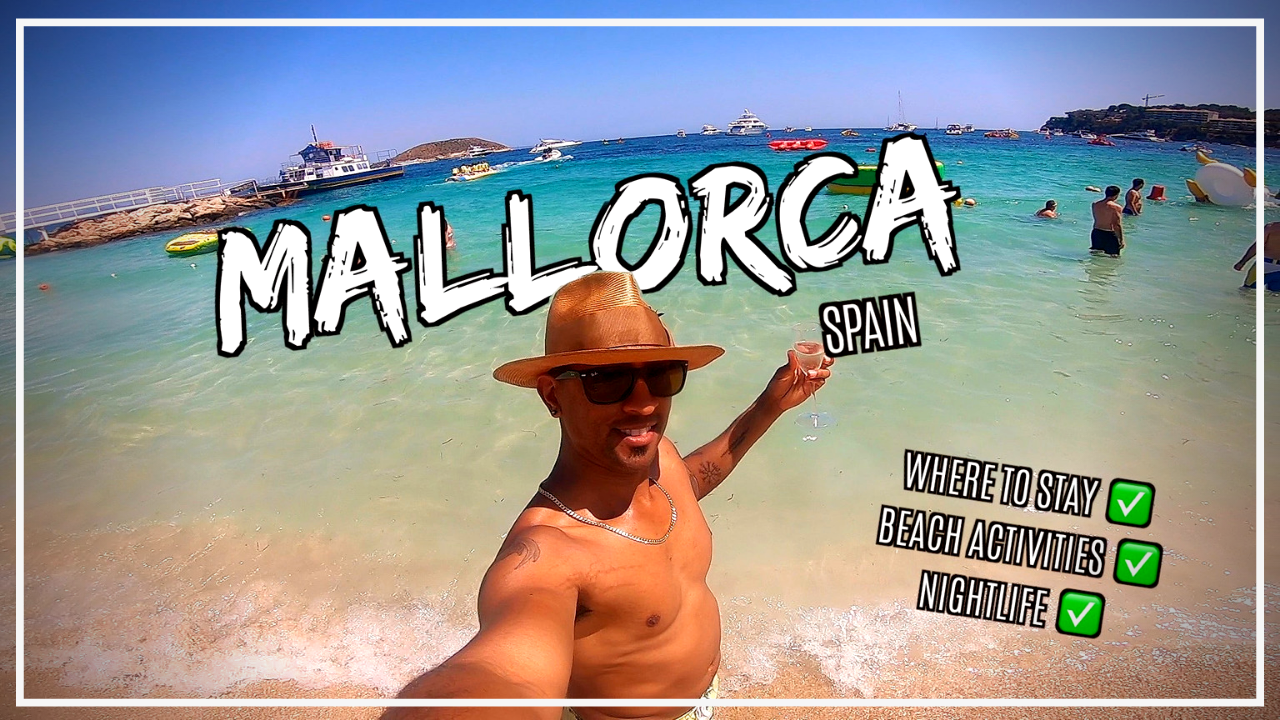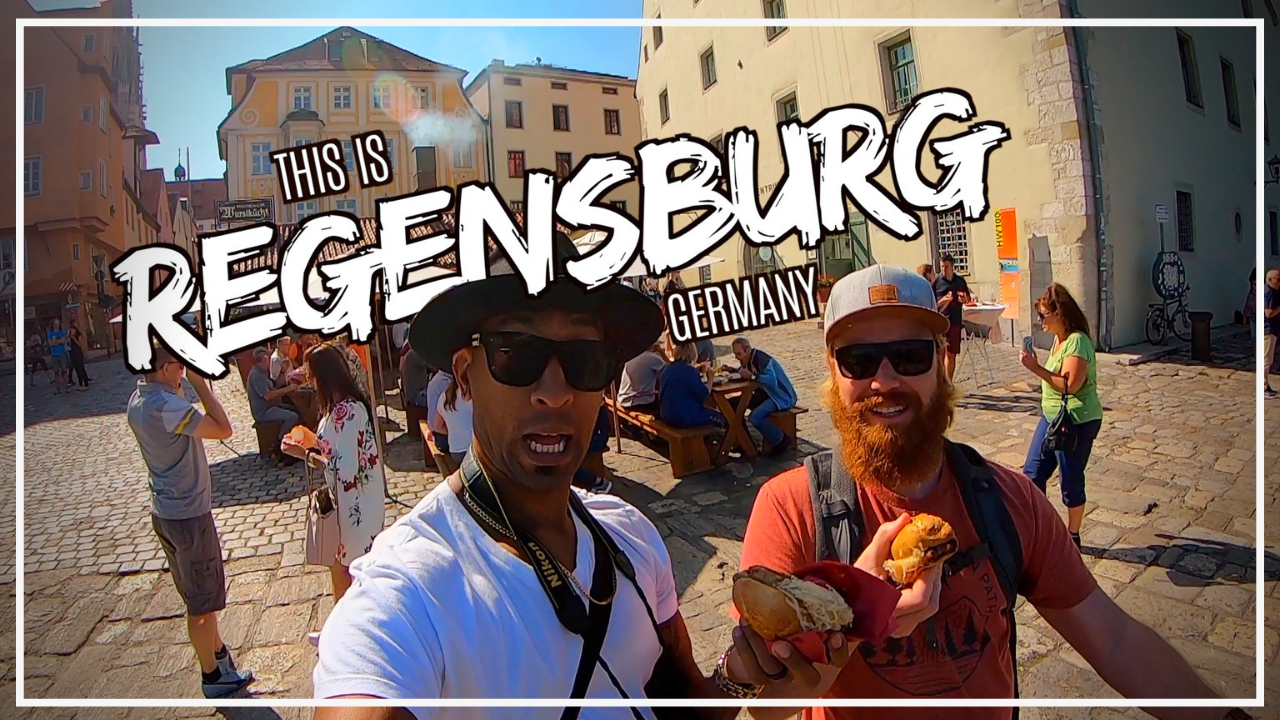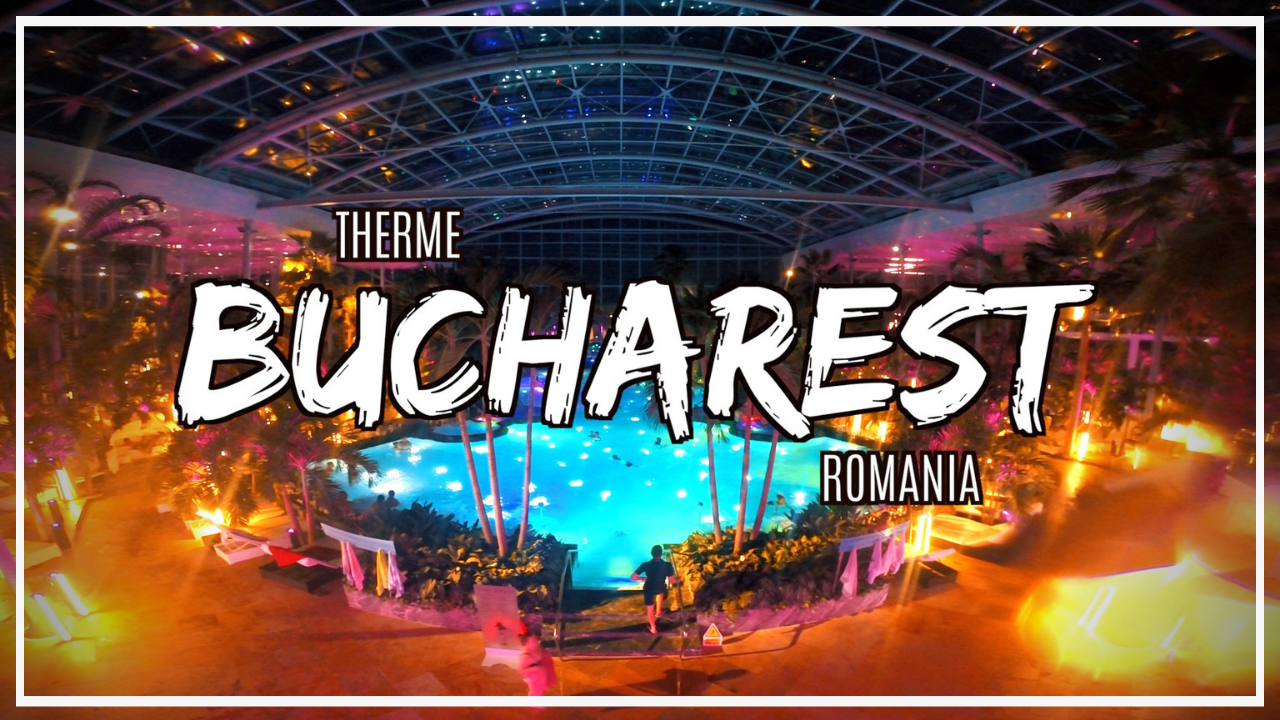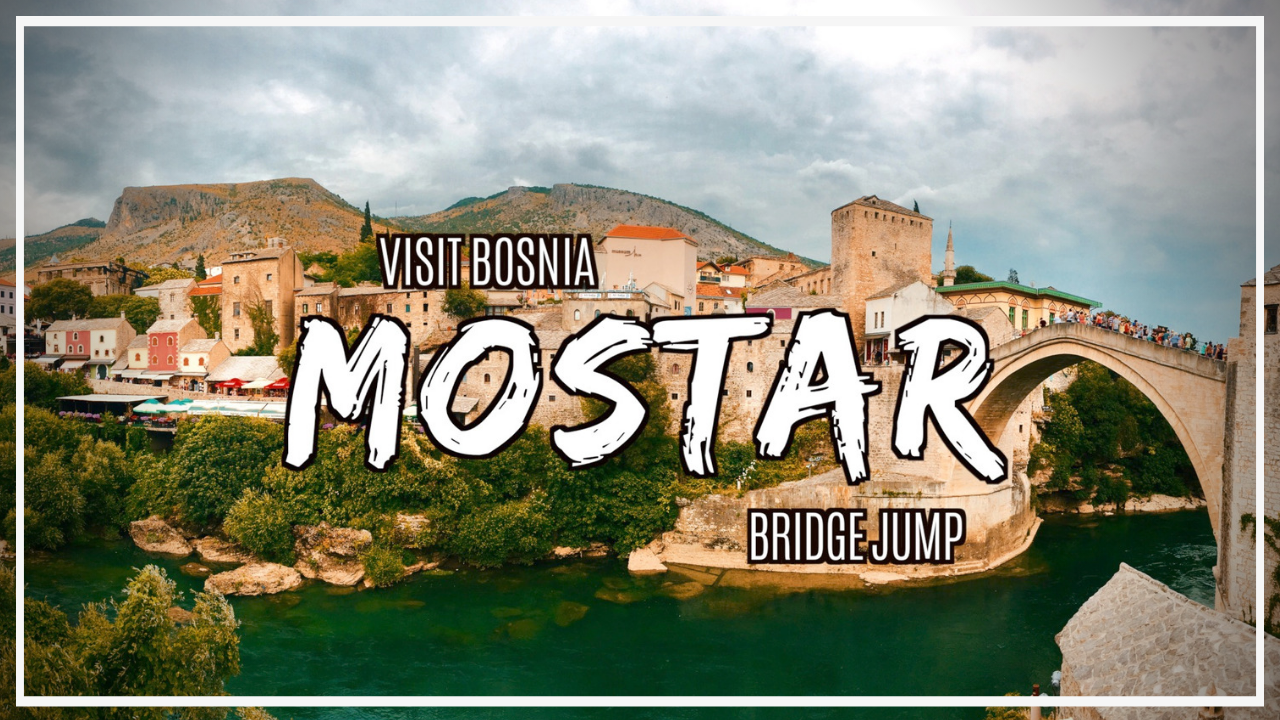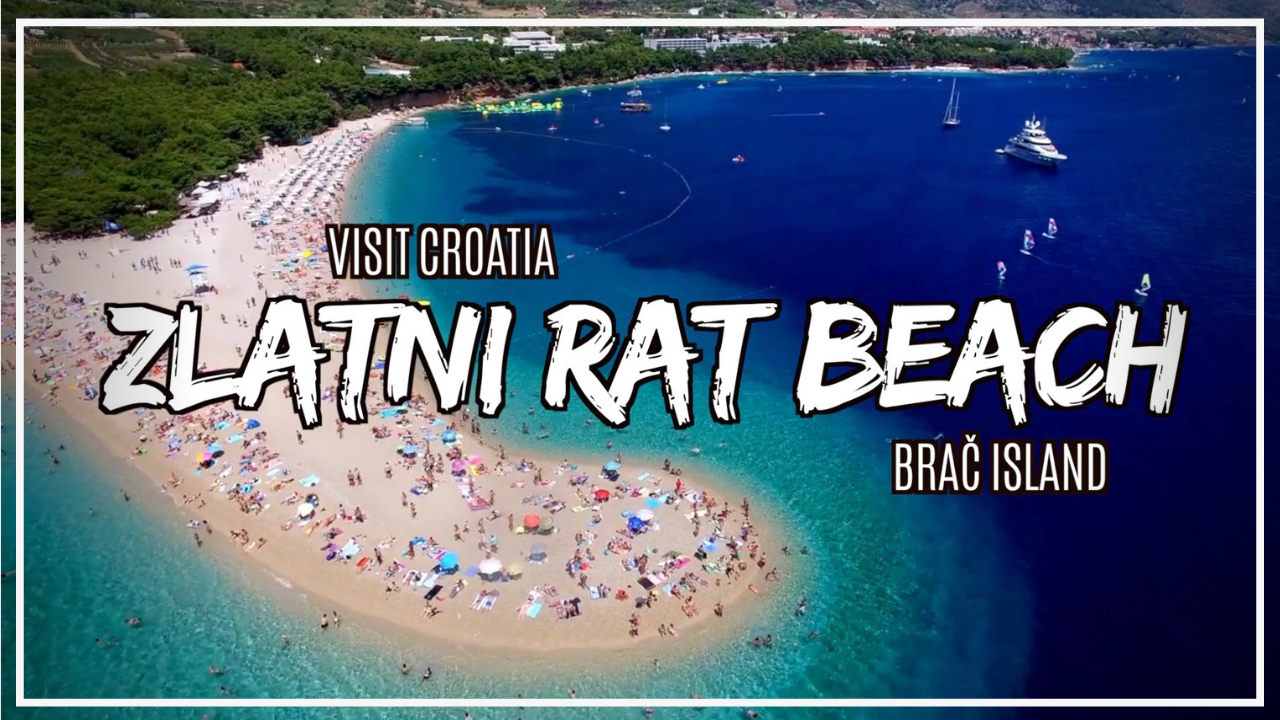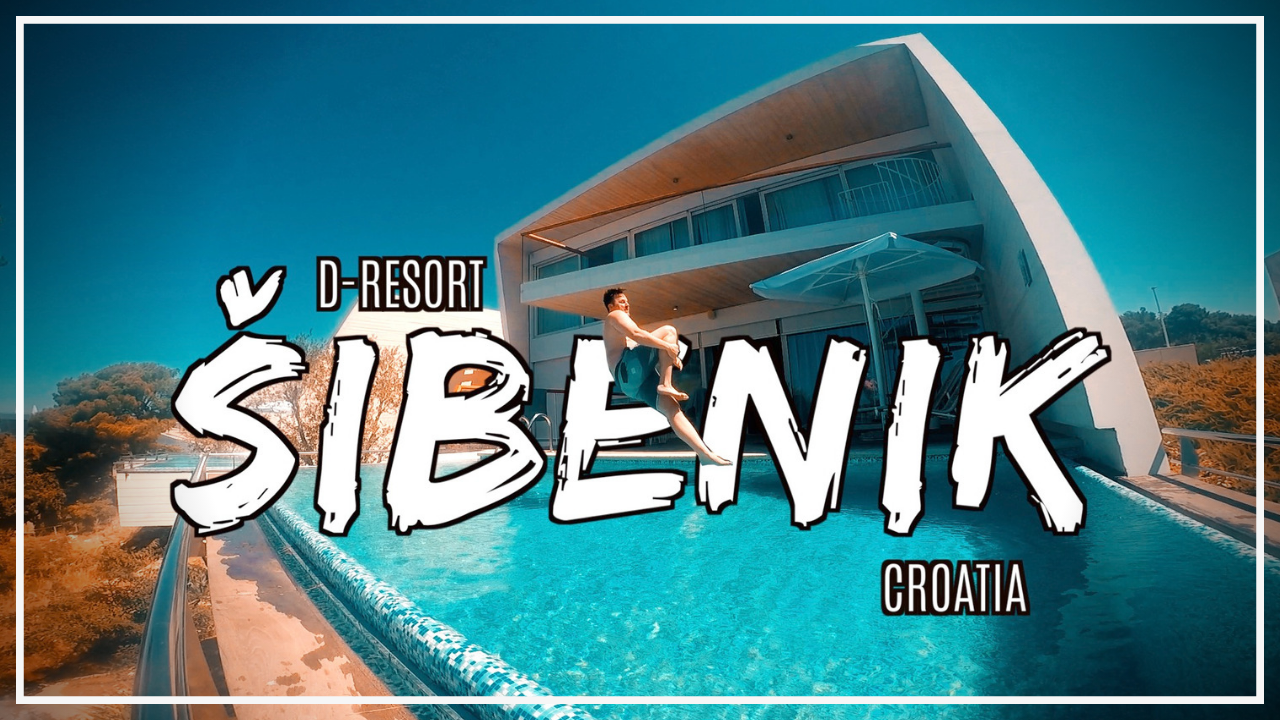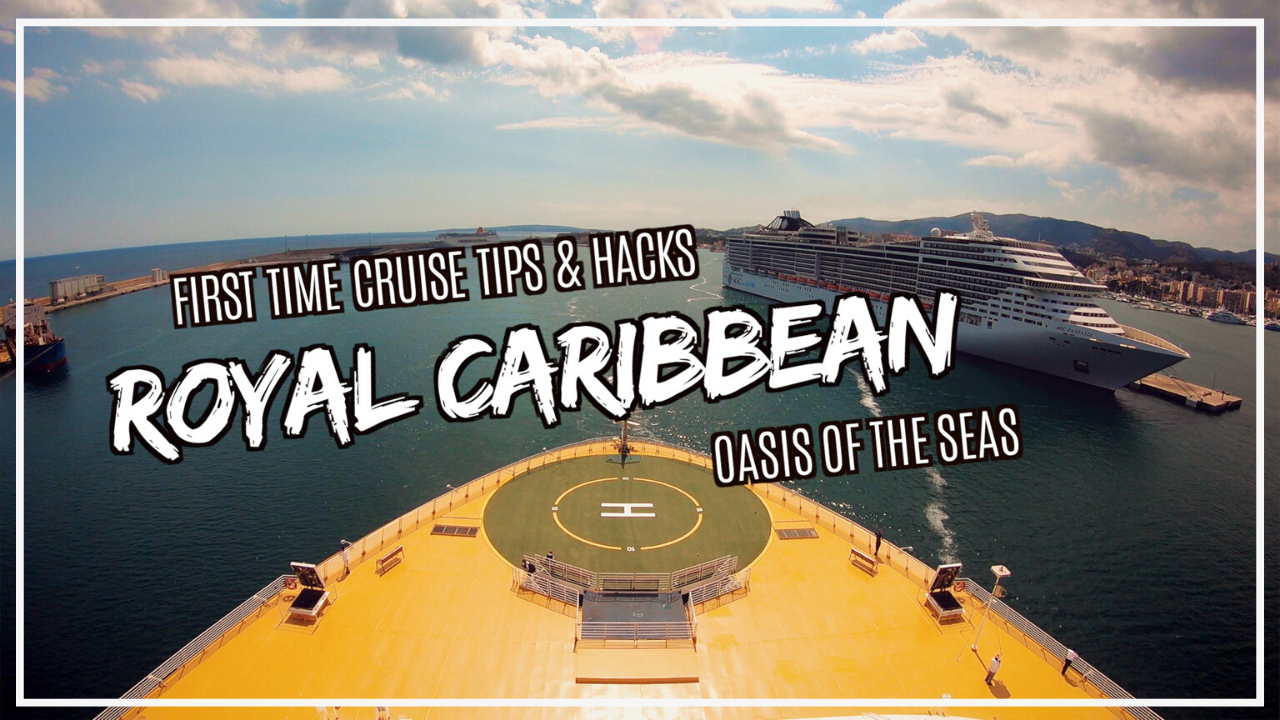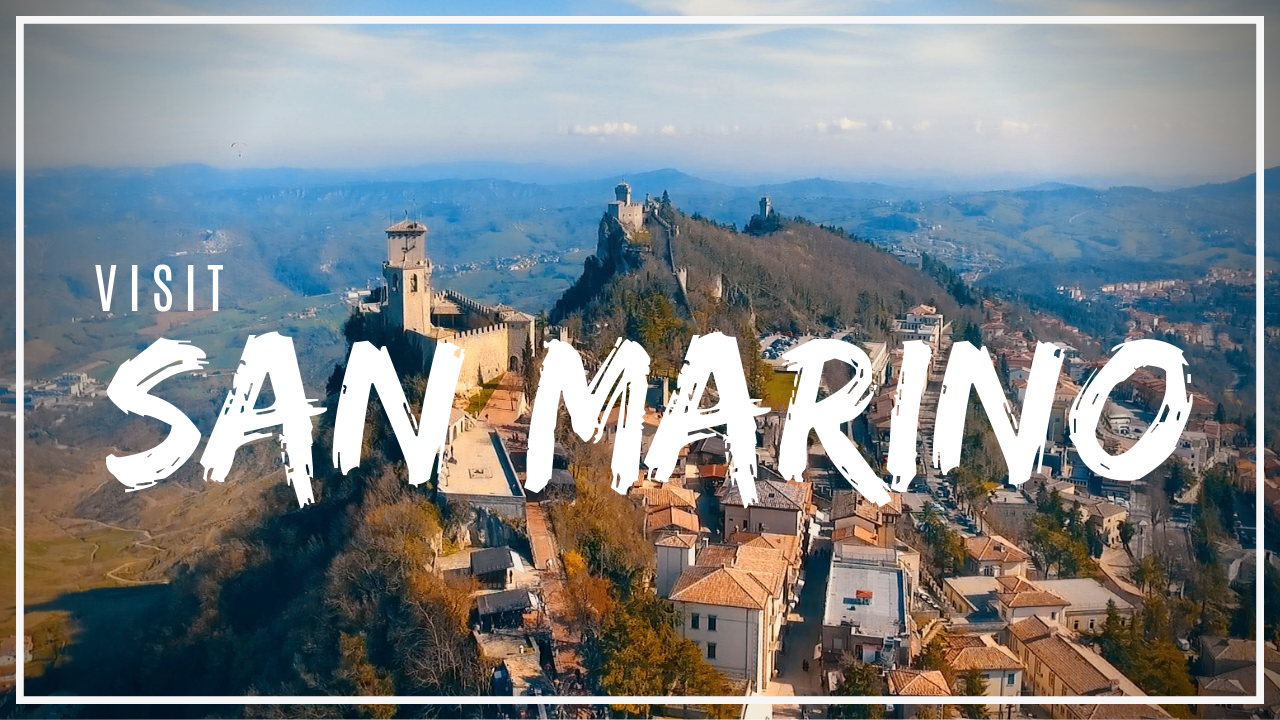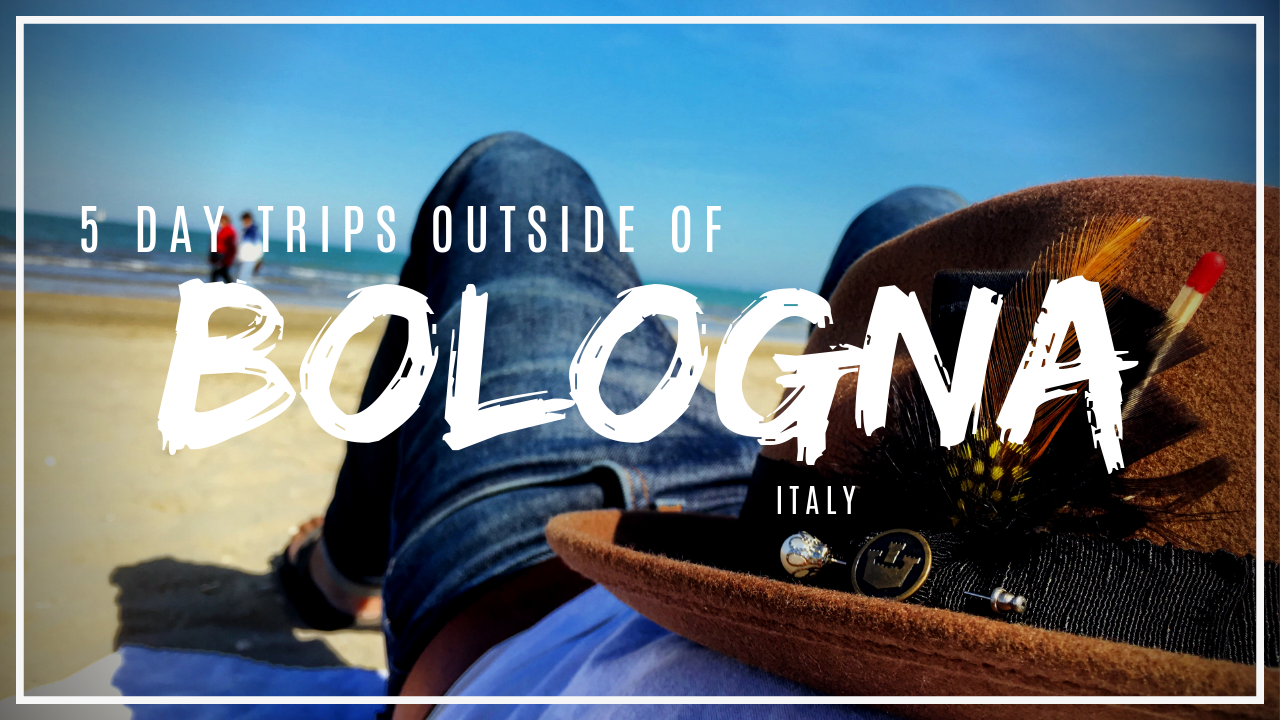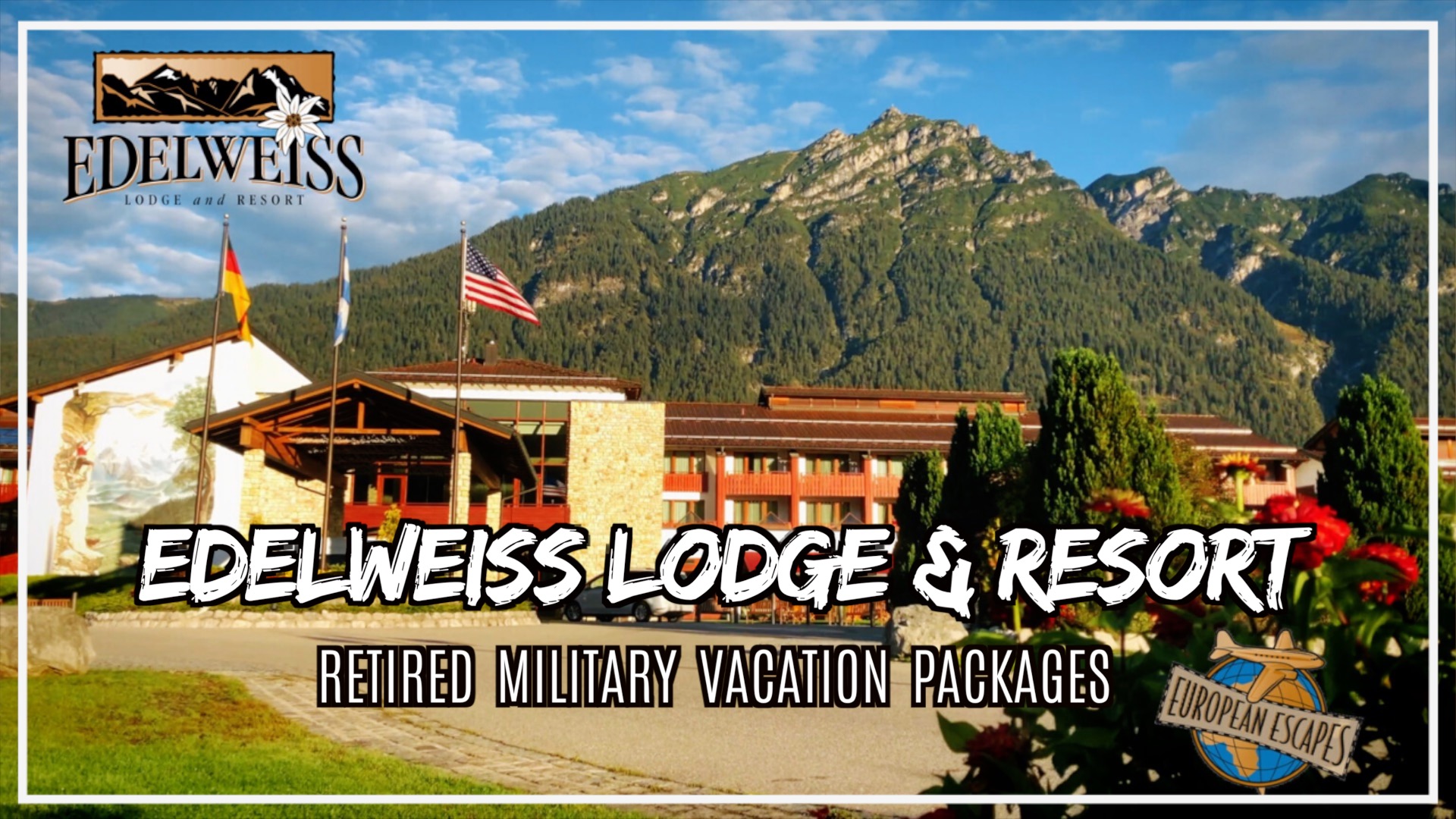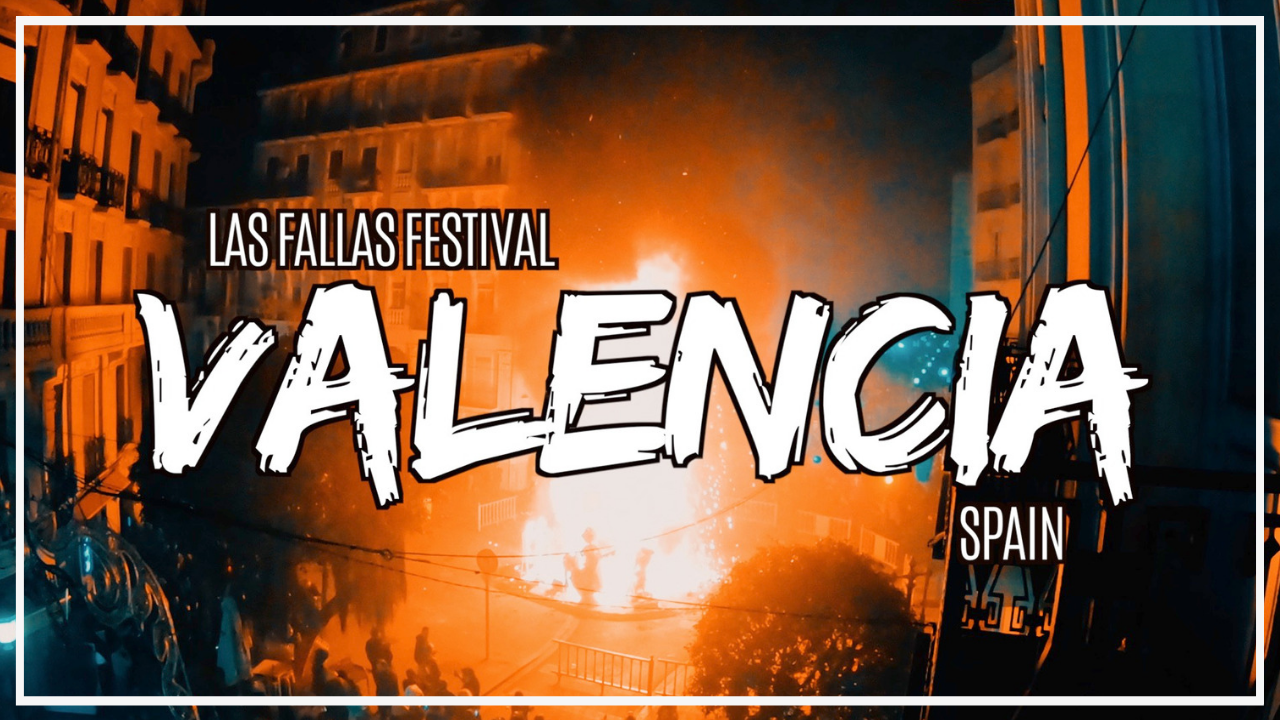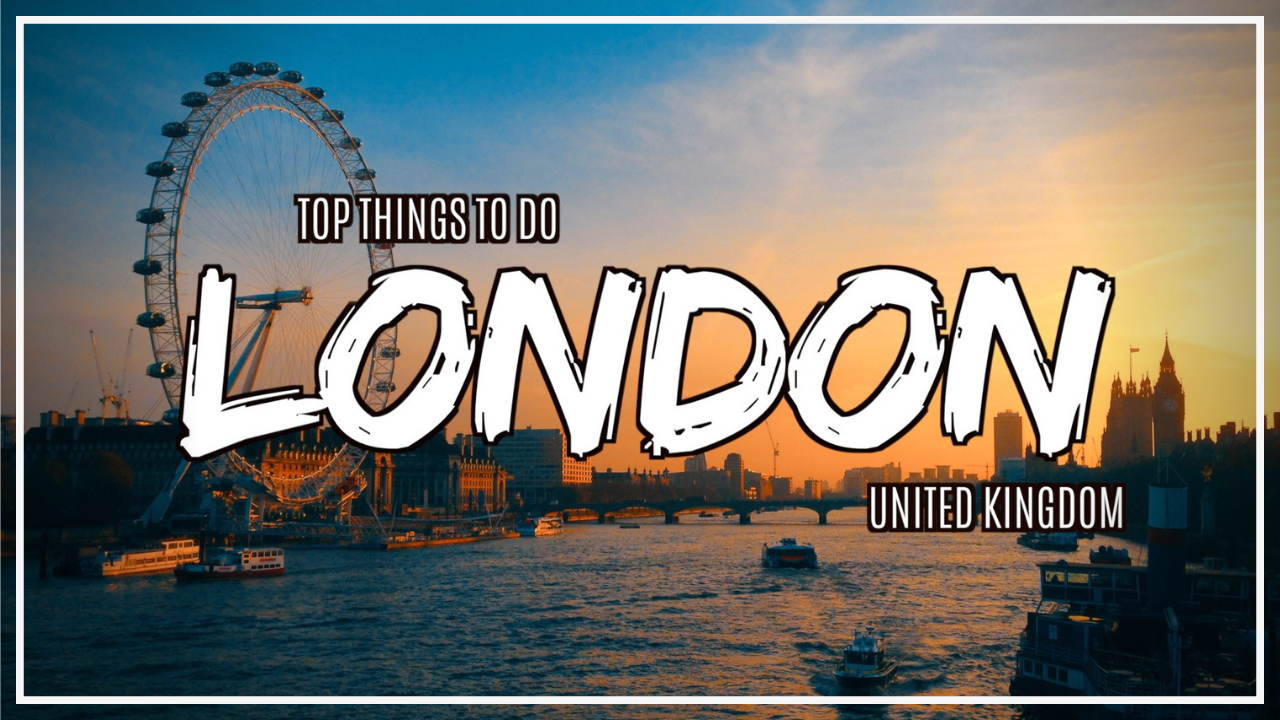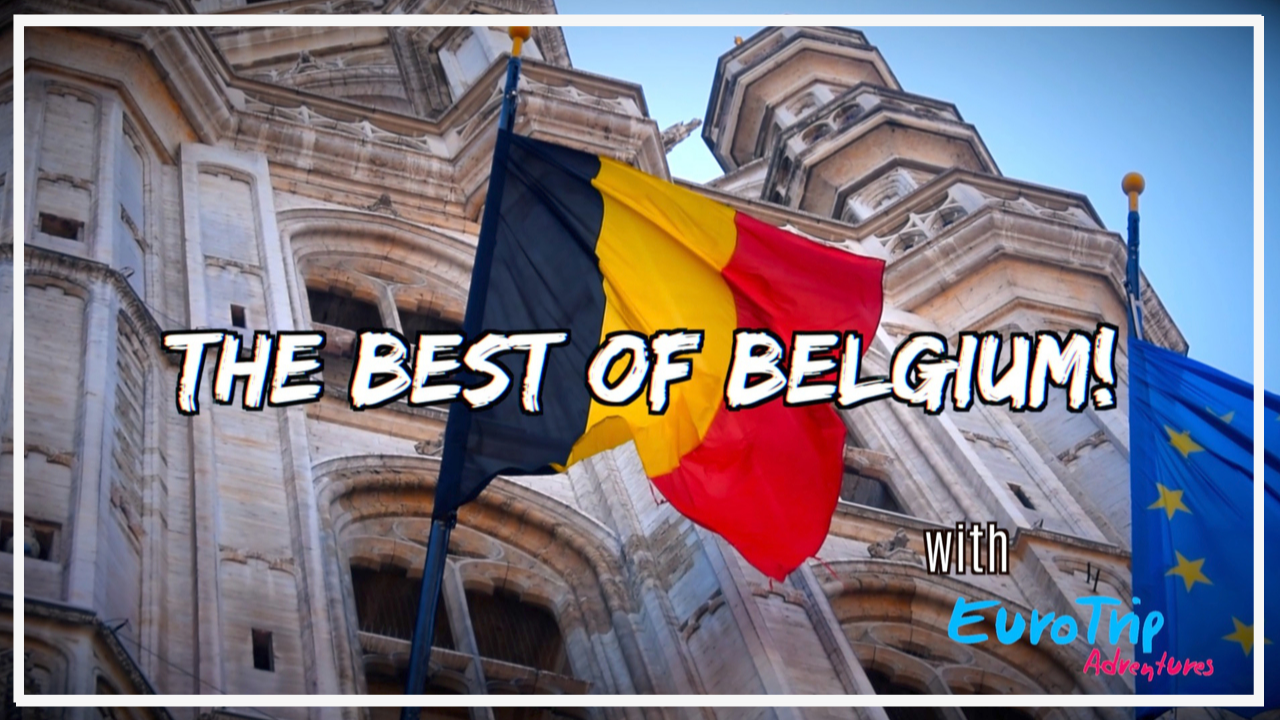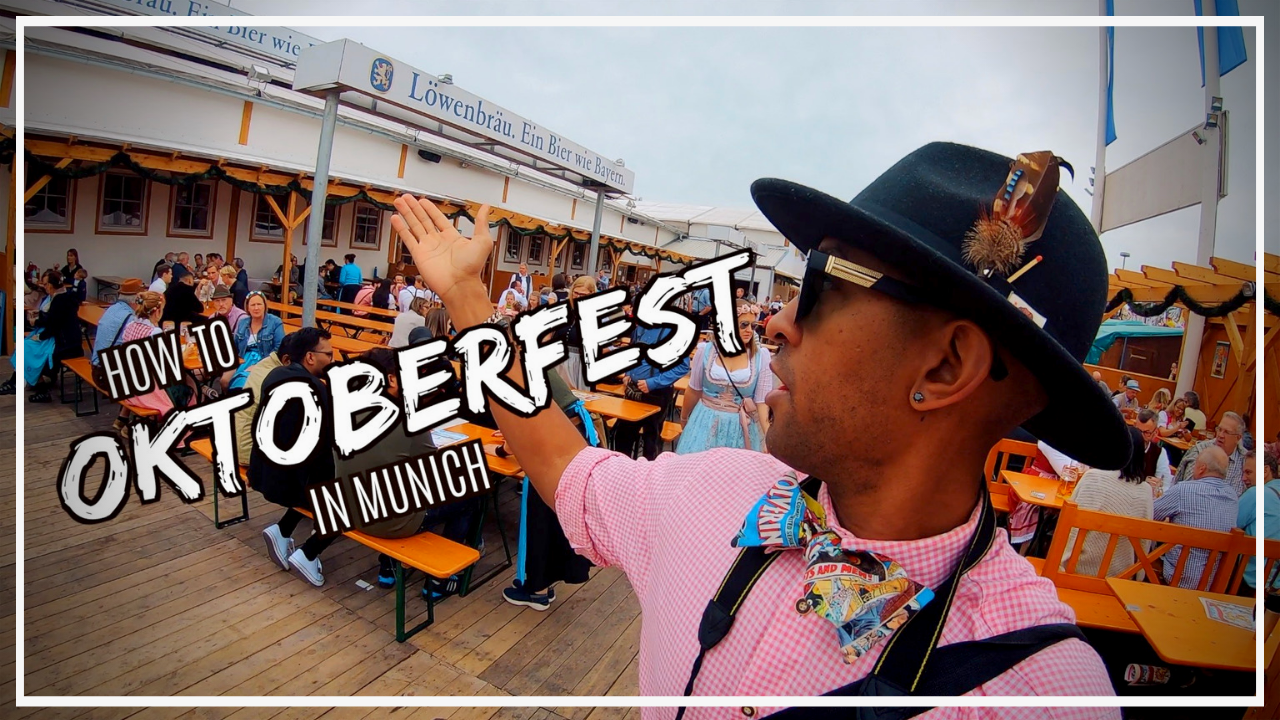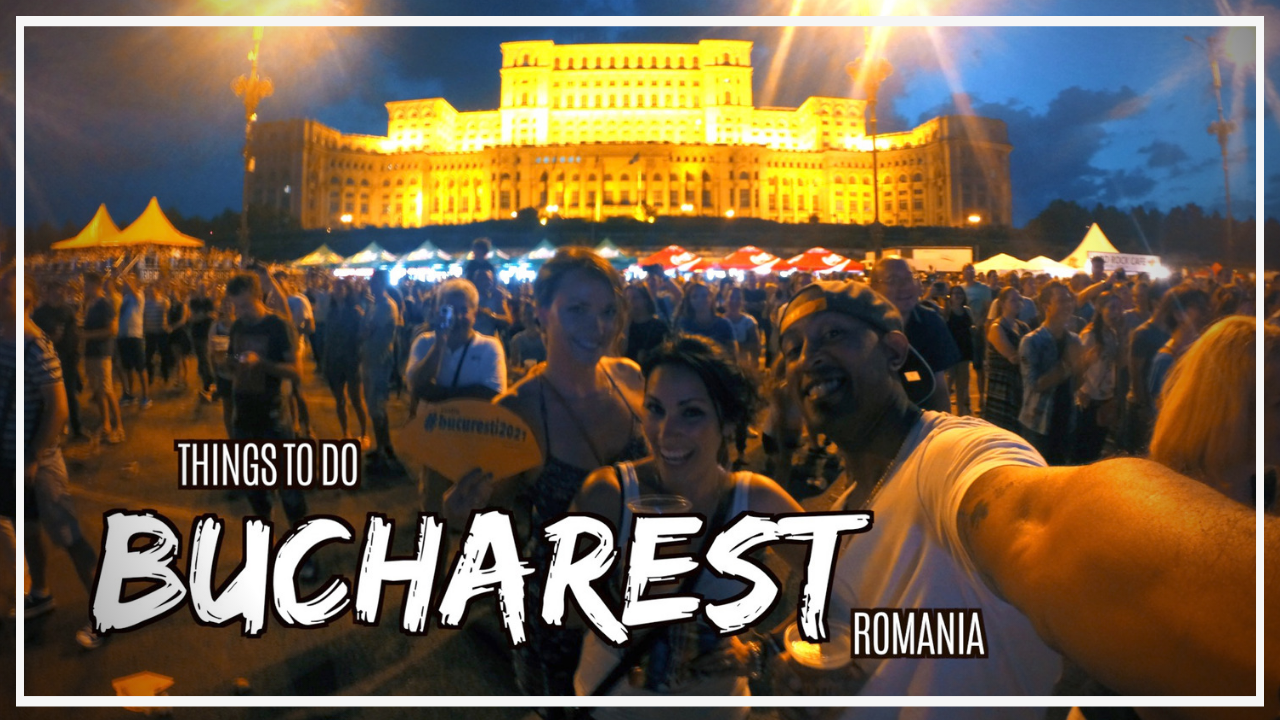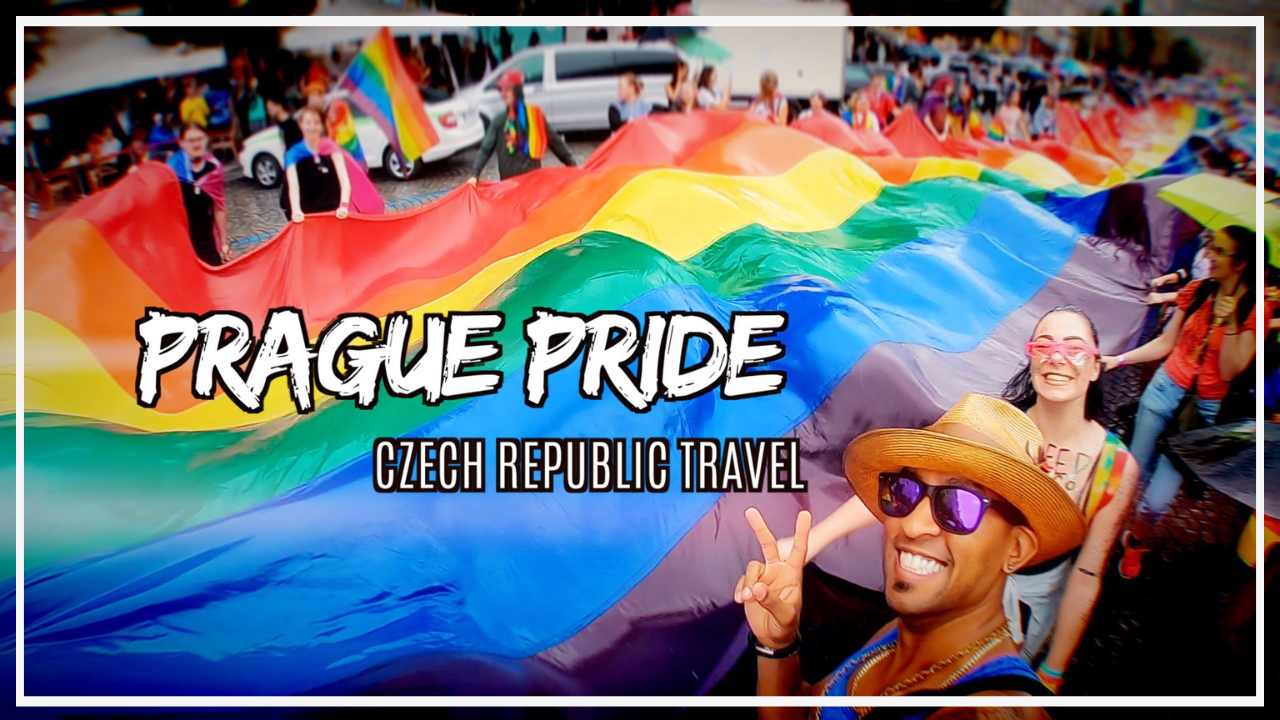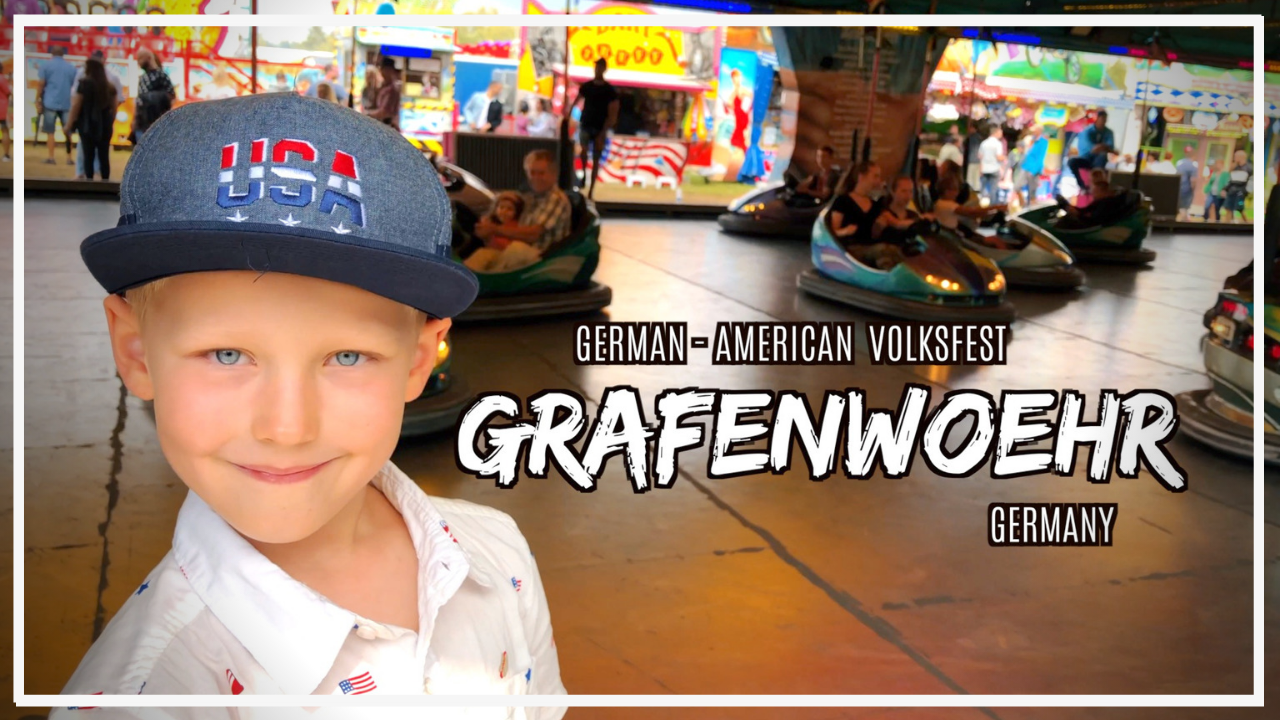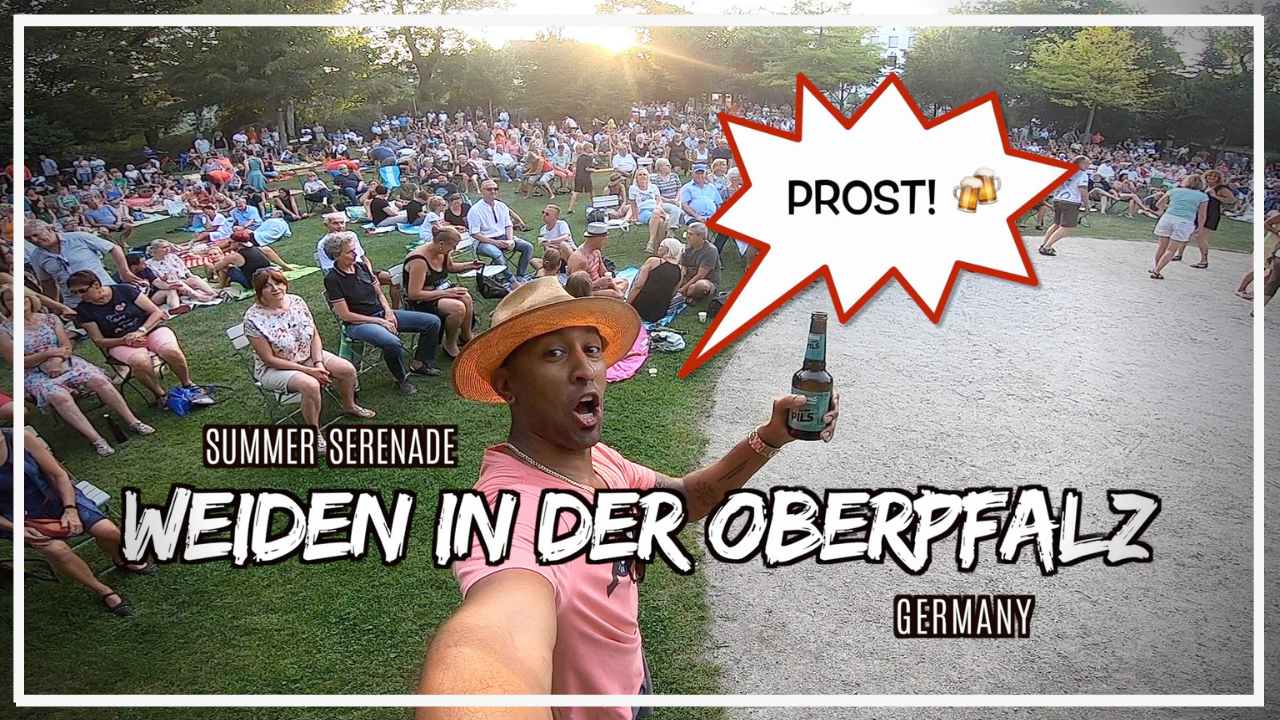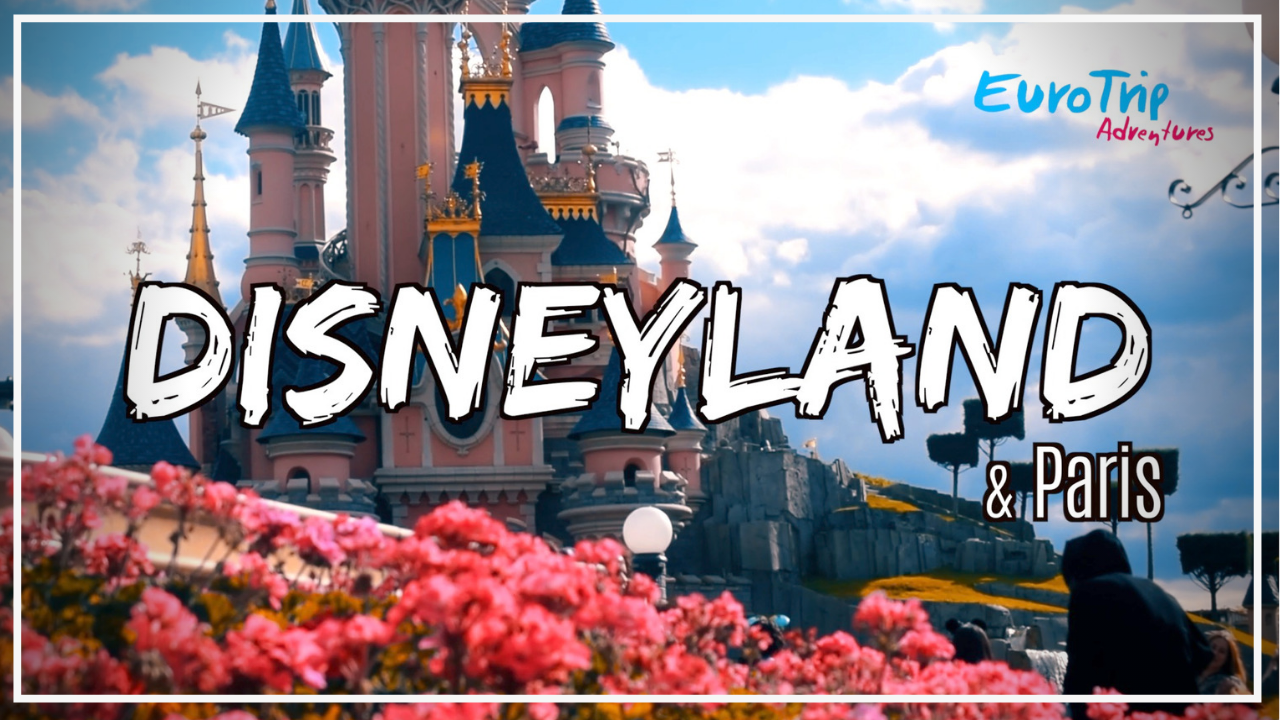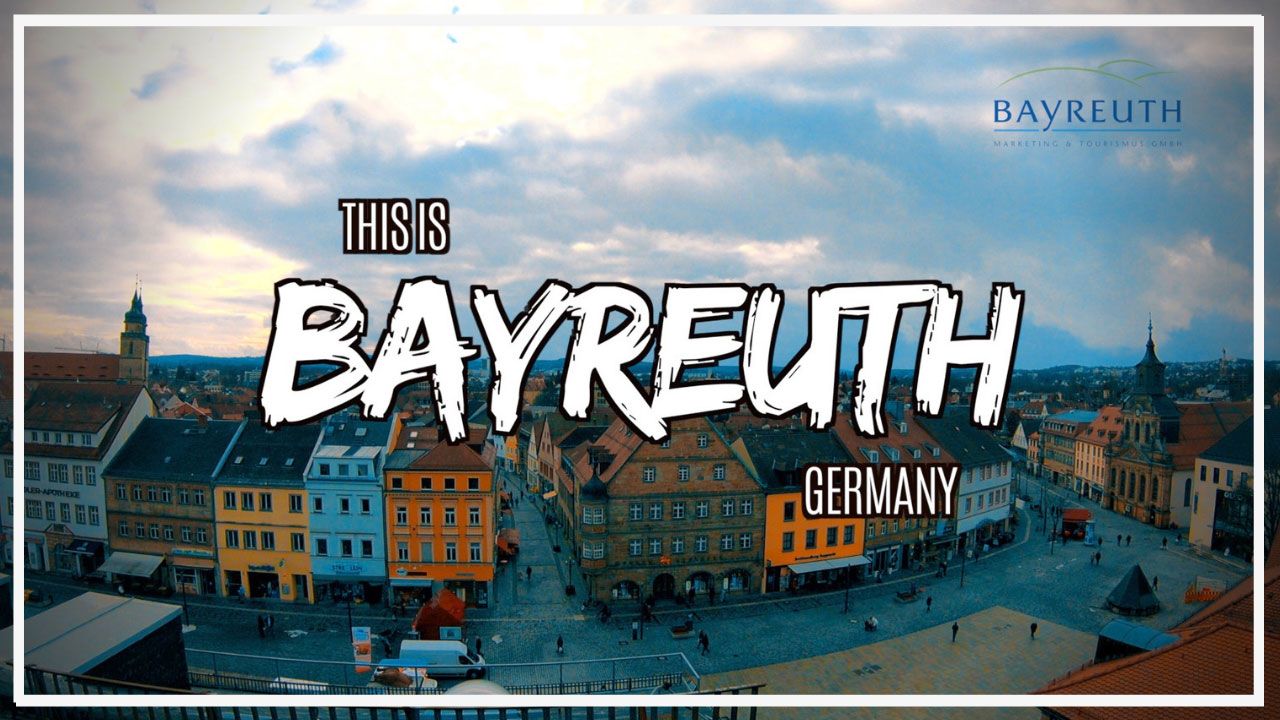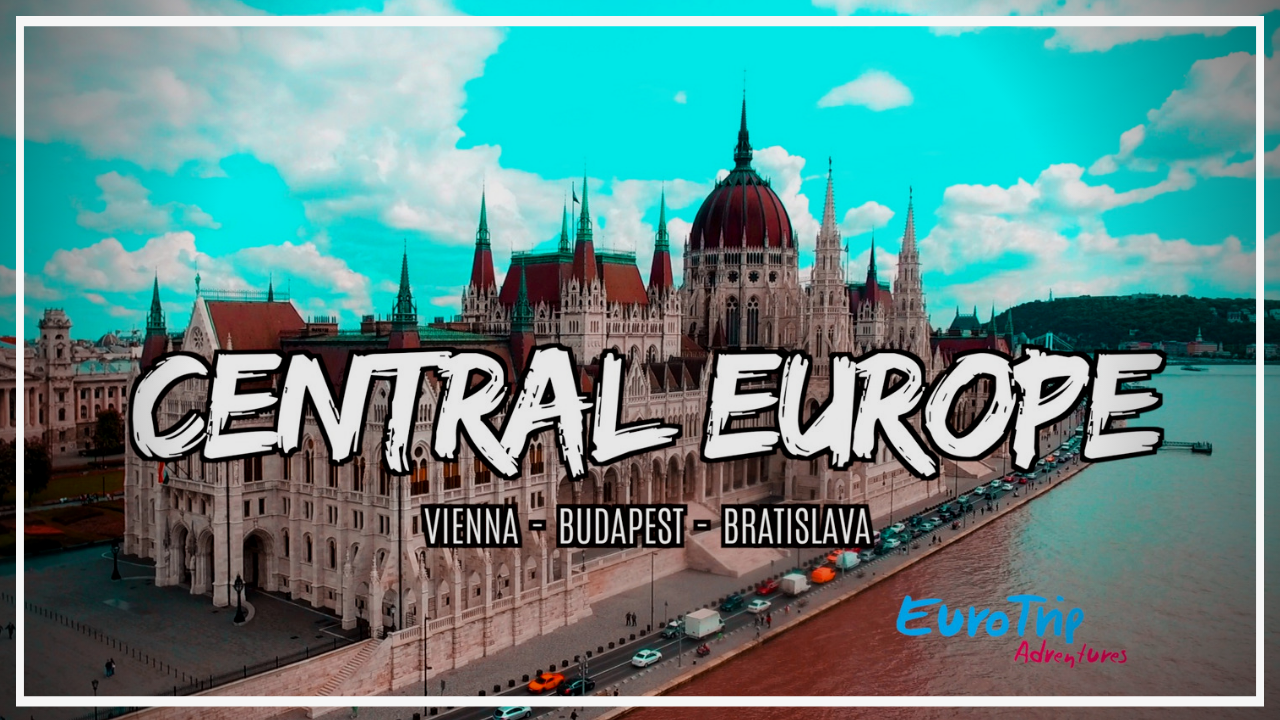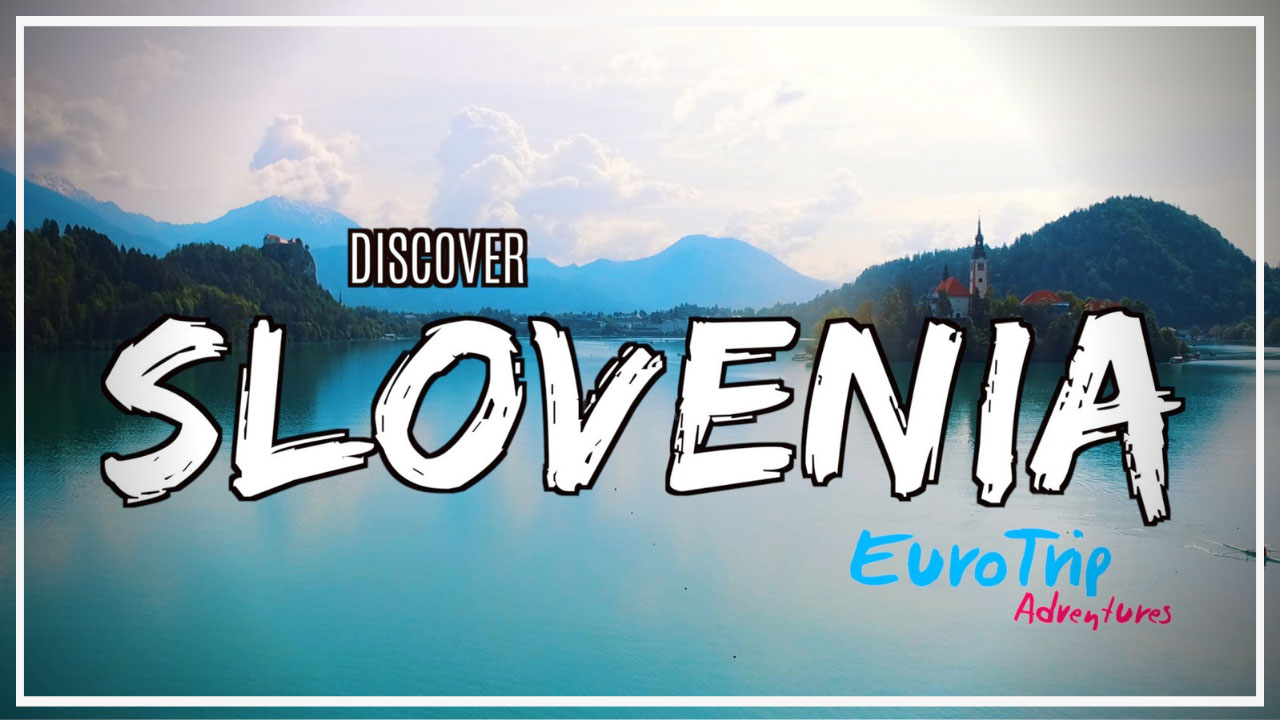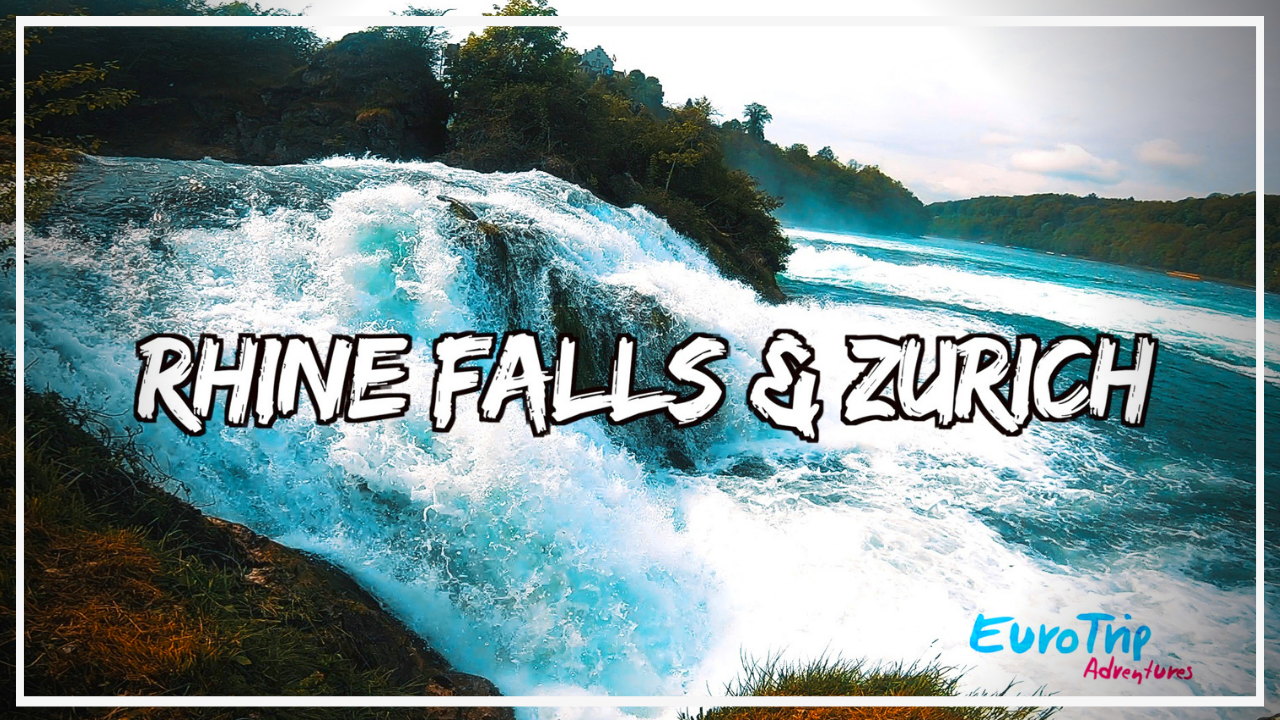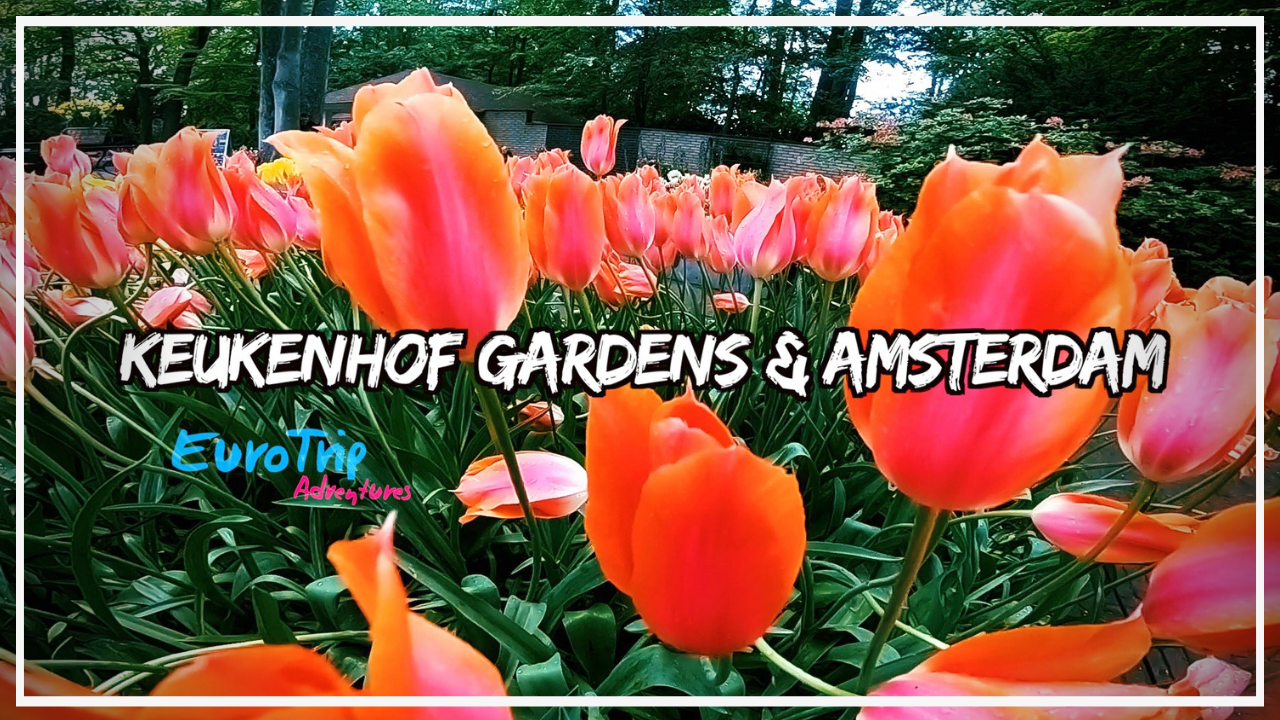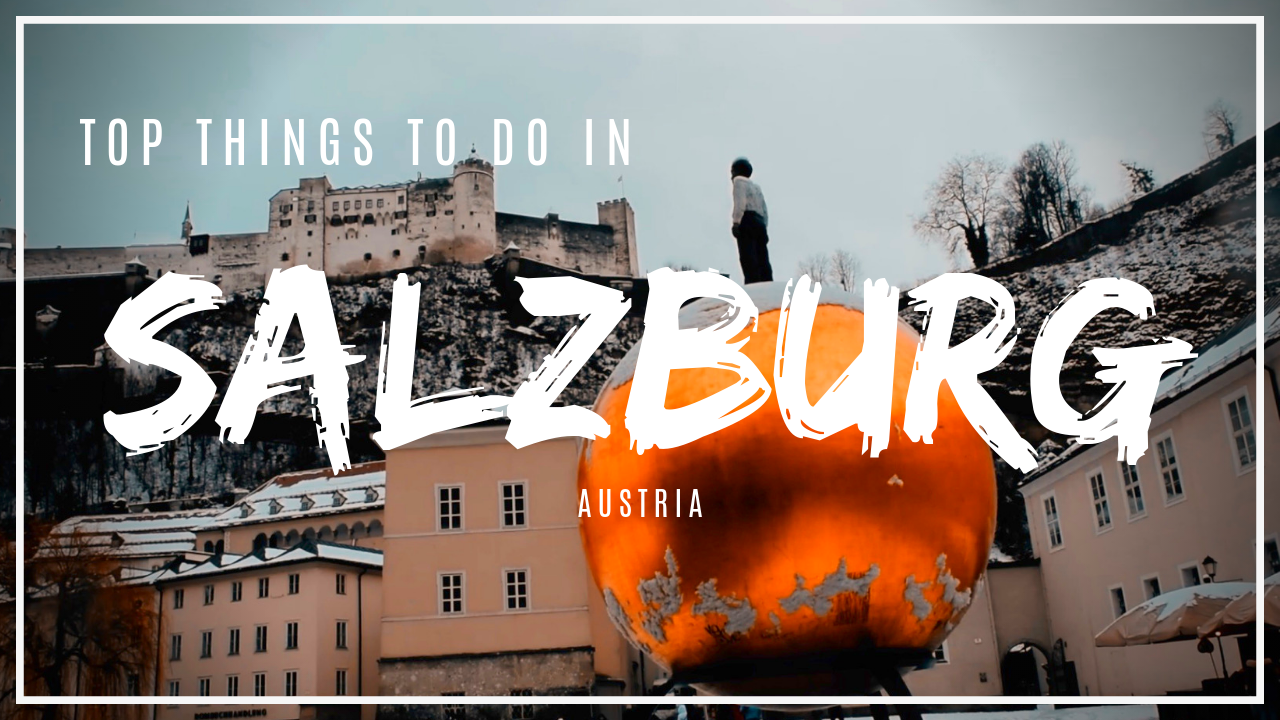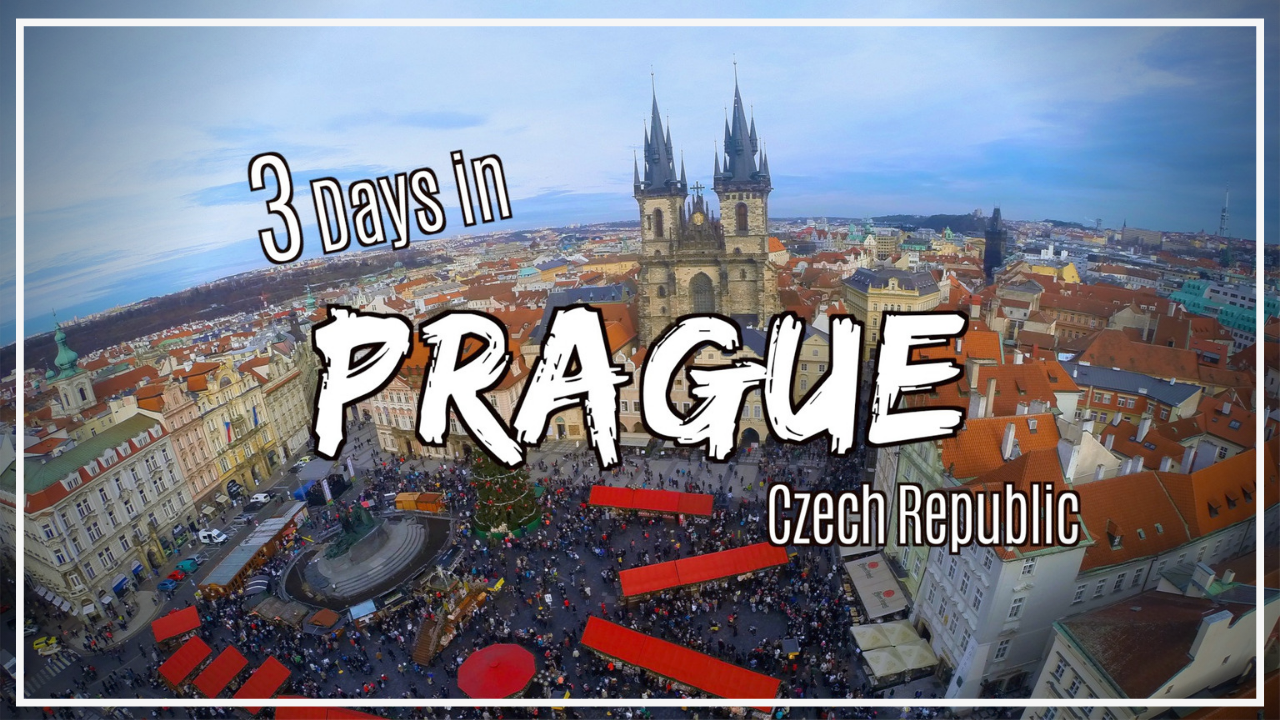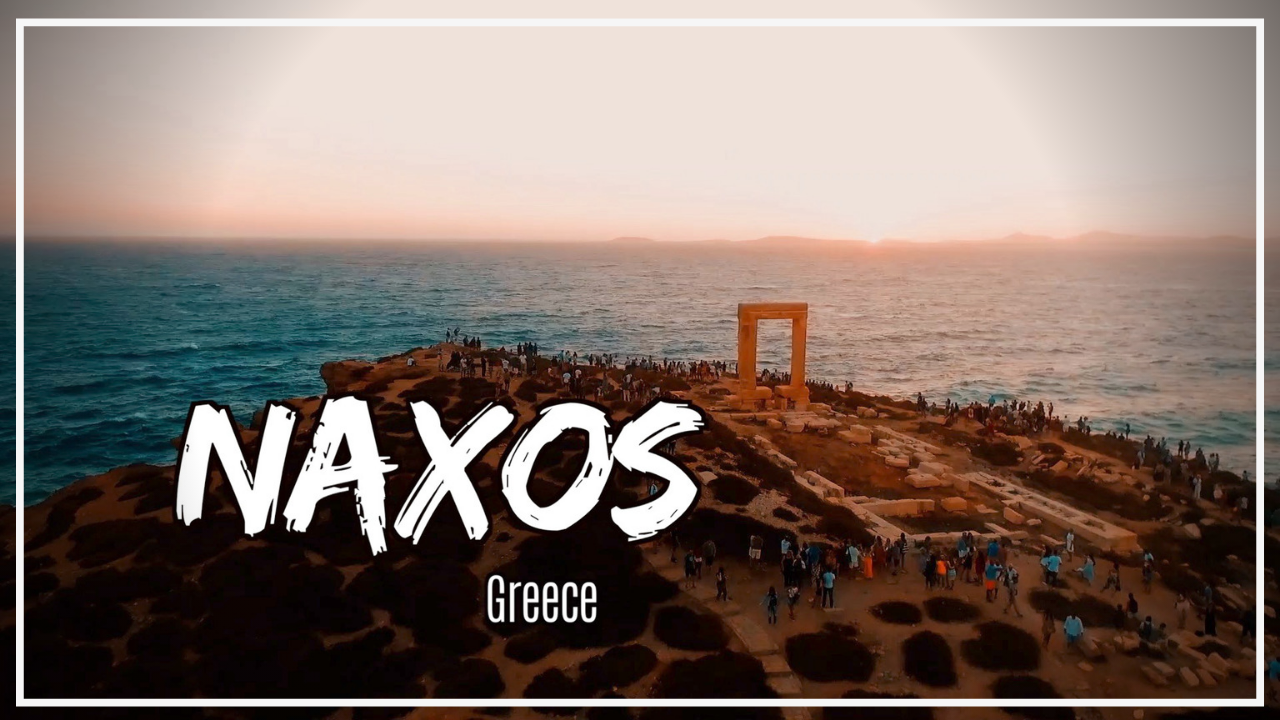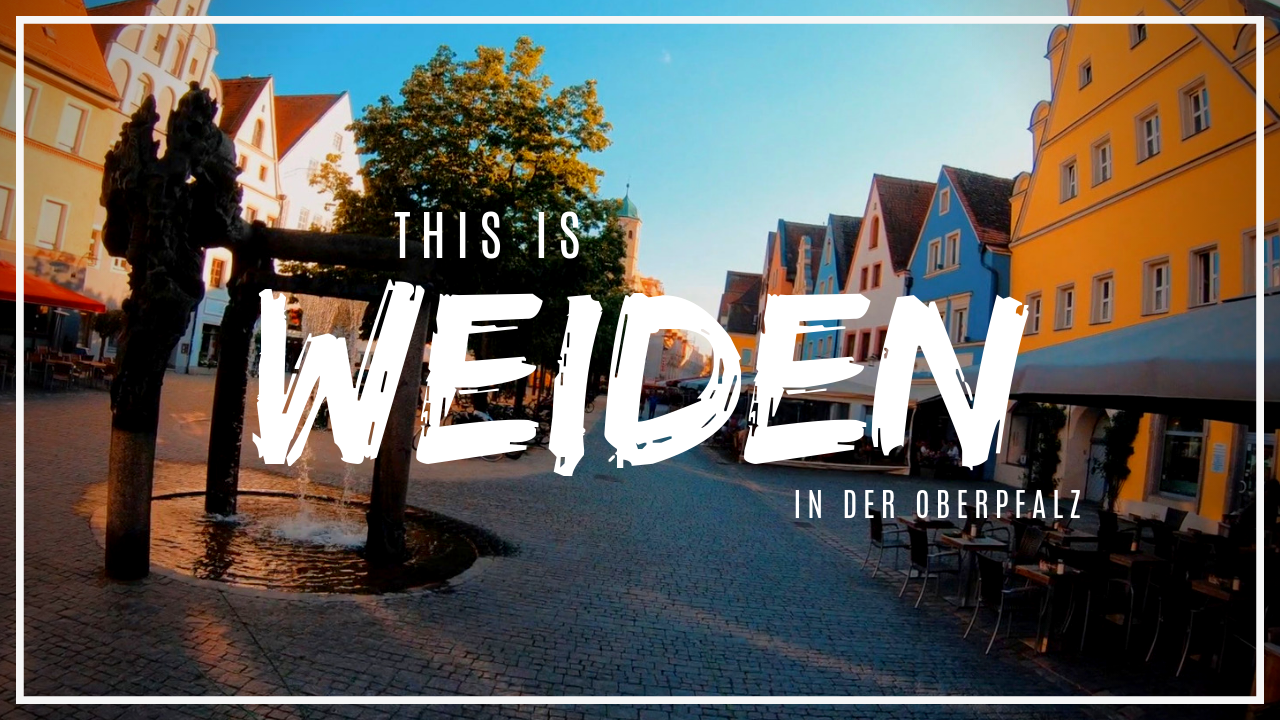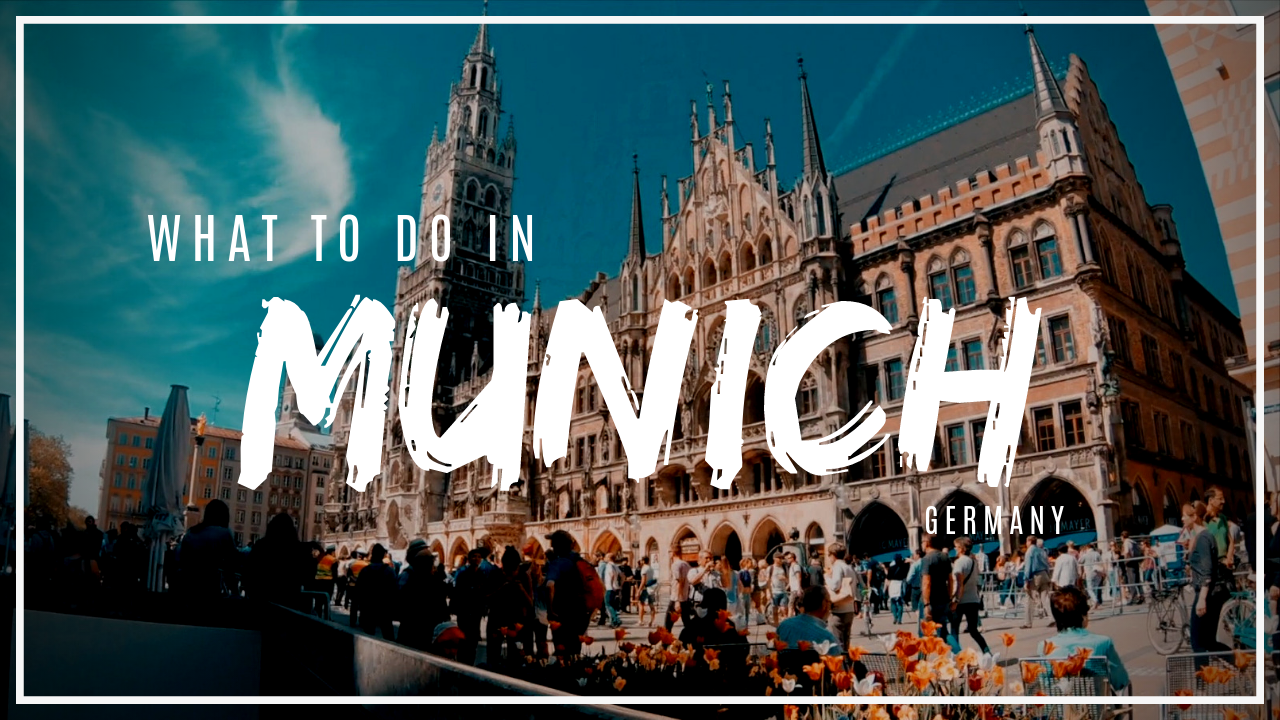The best waterfalls in Iceland have been featured in films such as Thor: The Dark World and The Secret Life of Walter Mitty, and the TV shows Vikings and Game of Thrones. These natural formations in a seemingly ancient landscape feel larger than life. The roar of the waterfall is not just audible, but palpable as you approach them.
When you visit Iceland, pack your raincoats and galoshes and check out these top four waterfalls!
American Living in Germany: Know Before You Go
Iceland is a 4-hour flight from Germany – a long trek, considering how close everything else is in Europe! You can easily spend a 4-day weekend or an entire week exploring the natural beauty of the tiny country.
If you need to go back to the States, consider a layover (or stopover) specials with Icelandair! You can visit Iceland as part of your journey back to the U.S. with no additional cost for the flights.
But keep in mind that everything is expensive. As of 2020, the exchange rate is approximately 1 Euro to 160 Icelandic Krona. But a medium pepperoni pizza in Reykjavik can cost around 2,400 Krona (nearly 15,00 Euro).
And, as always, be sure to bring your tourist passport! It’s not the same as your SOFA passport, and you must have your passport when you leave Germany.
Learn more about your Status of Forces Agreement (SOFA) passport in our PCS to Germany: Arrival guide!
Best Waterfalls in Iceland
You have to visit at least one waterfall when you visit Iceland! But if you can see all four of these, I promise you won’t regret it.
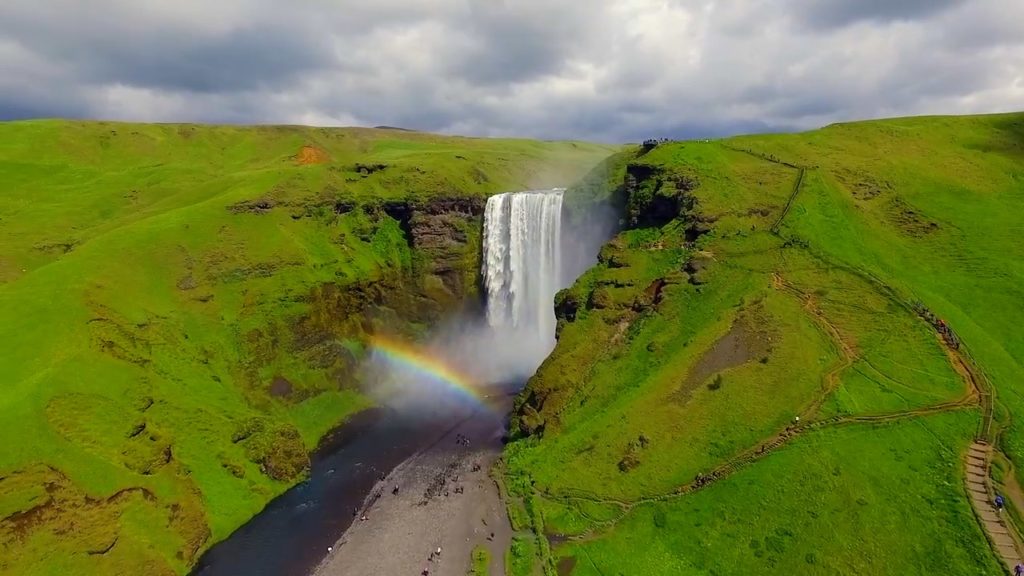
Skógafoss
Named after the river that feeds it, Skógafoss reaches 60 meters high (196 feet) and stretches 25 meters across (82 feet). Because of its consistent mist, there is almost always a rainbow in front of the waterfall. Though no matter what time of year you visit, the waterfall and the landscape around it is truly breathtaking. You can walk up to the waterfall, hike up to the top of it, and go behind the water.

If you do, keep an eye out for a treasure chest! According to legend, the first Viking settler buried a treasure chest behind the waterfall around 900 A.D. Years later, a few locals found it, but were only able to retrieve a ring on the side of the chest before it disappeared. That ring hung on a local church door until the late 1800s, and you can now see it in the Skógar Museum.
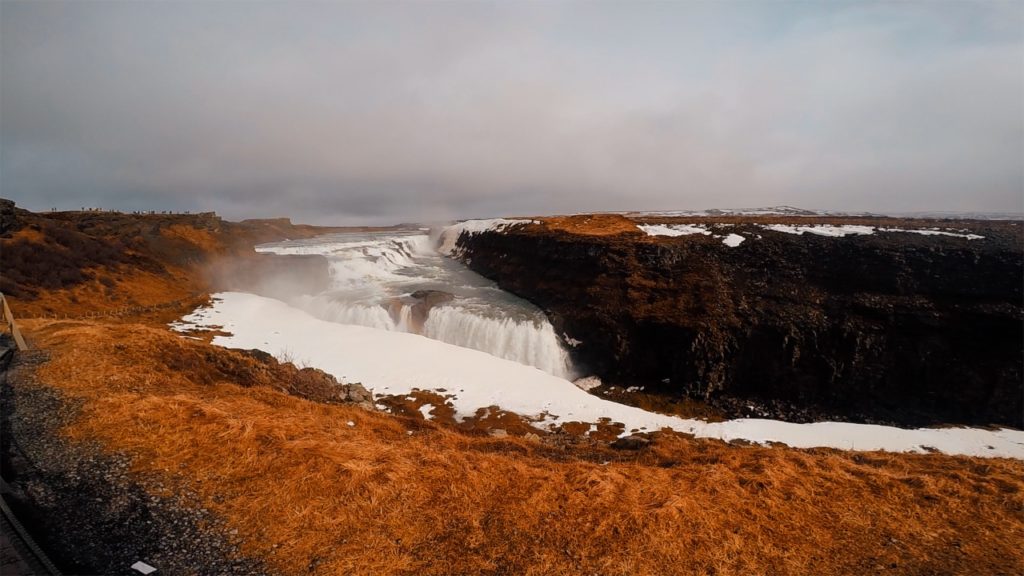
Gullfoss
Gullfoss translates to “Golden Falls” and is a top attraction as part of the Golden Circle tours. The two cascades that make up the Gullfoss total a height of 32 meters (105 feet), with a width of 229 meters (750 feet).
It is also home to one of the first Icelandic environmental activists, Sigríður Tómasdóttir. At the beginning of the 20th century, foreign investors wanted to use Gullfoss for a hydroelectric plant. Sigríður’s father Tómas, the owner of the waterfall (yes, someone owned the waterfall), leased it to the investors without knowing about the plans for the construction.
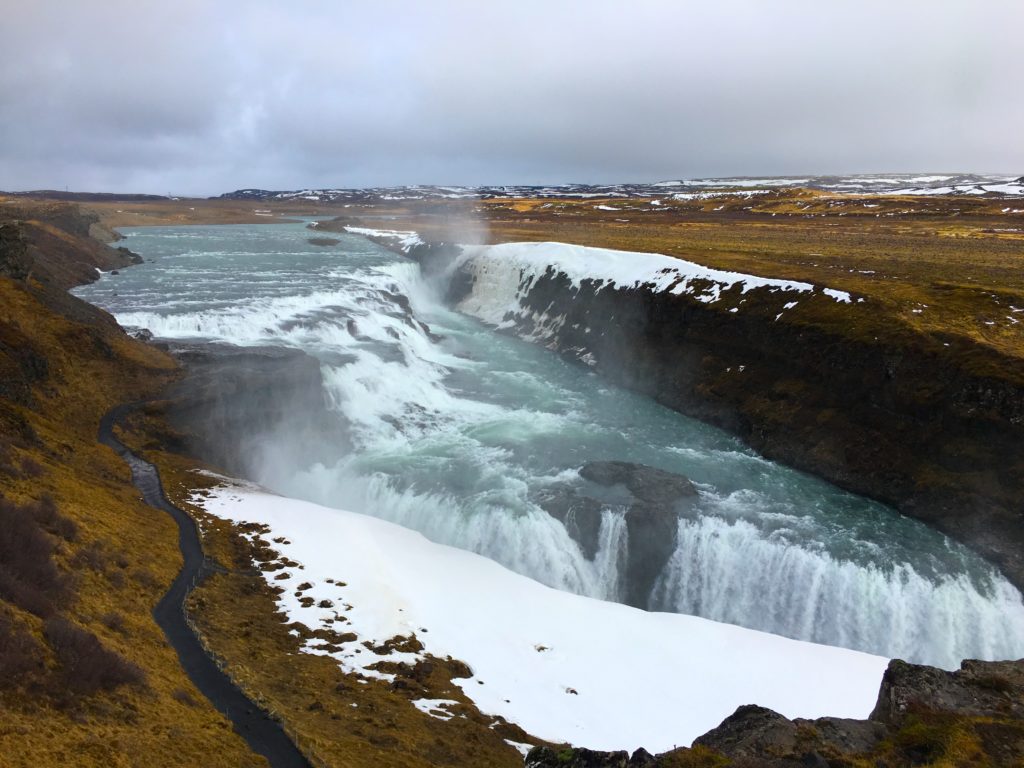
Sigríður fought to protect the waterfall from foreign exploitation, and after years of legal battles, the foreign investors withdrew from the contract. Today, the waterfall is owned and protected by the state of Iceland, and you can read more about Sigríður at the top of the Gullfoss by her plaque.
Need a spa date after all this hiking? Visit the Blue Lagoon!
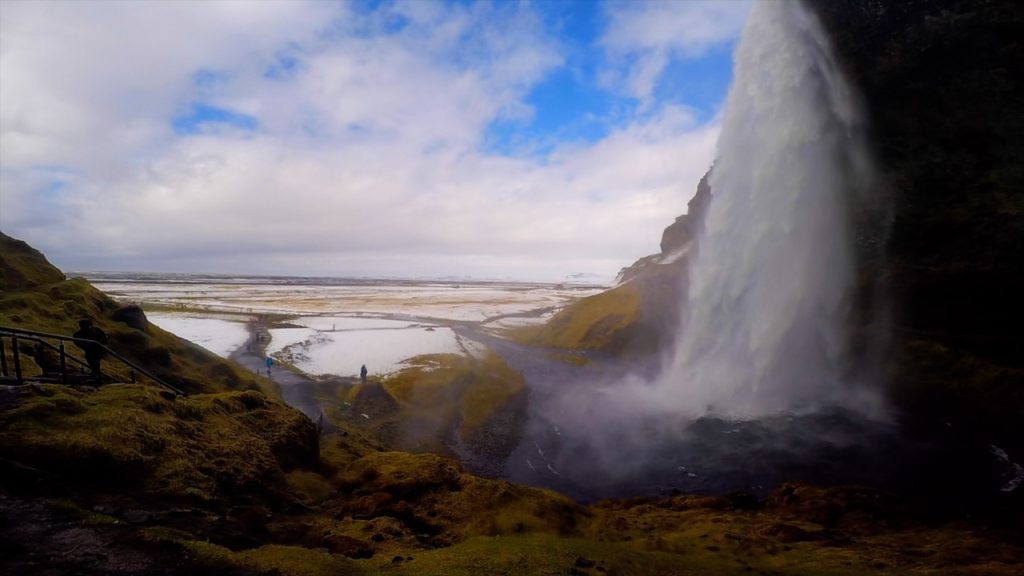
Seljalandsfoss
Seljalandsfoss reaches 60 meters high (196 feet) by 15 meters wide (50 feet), and is just as photogenic from behind as it is from the front. In fact, visitors can walk all the way around the waterfall! But keep in mind: visitors can only walk through the cave during the spring and summer.
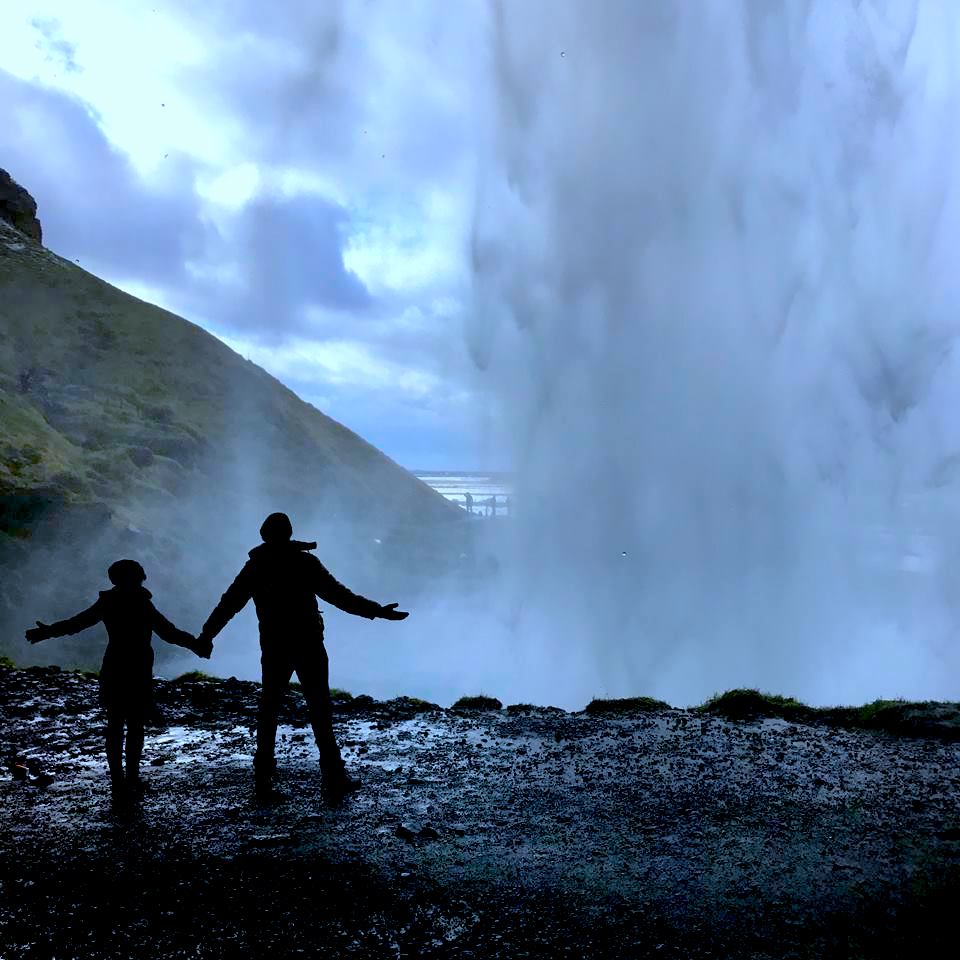
Seljalandsfoss originates under the glacier Eyjafjallajökull, where the volcano erupted in 2010. But don’t let that deter you from visiting! Since then, Eyjafjallajökull has been declared dormant, and sensors have been installed around it to monitor any possible eruptions.
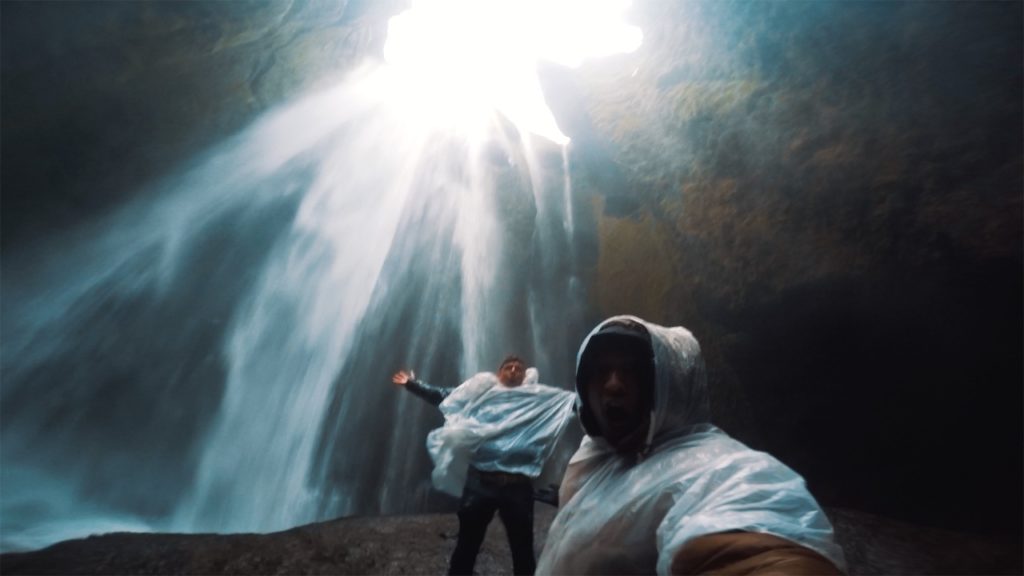
Gljúfrabúi
Just down the road from Seljalandsfoss is Gljúfrabúi (“Dweller of the Gorge” or “Canyon Dweller”), a waterfall just 40 meters high (131 feet) and 10 meters wide (32 feet). Walking into the canyon is certainly the most intimate way to experience Gljúfrabúi, but you can also climb to the top of it and stare down into the gorge.
If you visit during the spring and summer, you can wade through the waters and walk right up to this Icelandic waterfall. It’s truly a phenomenon to experience.

Frequently Asked Questions about Visiting Iceland
Still have questions? Let me know in the comments!
I highly recommend visiting between September and March so that you have a better chance of seeing the Northern Lights when the clouds are clear! It can be a bit chilly between December and February, but it’s not too terrible during the spring and fall.
Depends on who you ask! My favorite was Gljúfursárfoss because it’s small and intimate, so you can get right up to it. Plus, being in a cave, it makes it seem like its louder and bigger than it really is. And because it’s hidden, you have to work to get to it, unlike the others that you can see from a mile away.
No one really knows. There are estimated to be over 10,000 waterfalls in Iceland, but there’s too many to count! I recommend going to all the waterfalls nearest to the hotel you’re staying at. Set a time limit on how far you’d like to drive and see all the waterfalls within that radius.
There are tons of great hotels in Iceland! We stayed at Geo Hotel Grindavik, which is a 45-minute drive to Reykjavik, but less than 10 minutes from the Blue Lagoon Spa, and only 20 minutes from the airport.
Explore a Whole New World
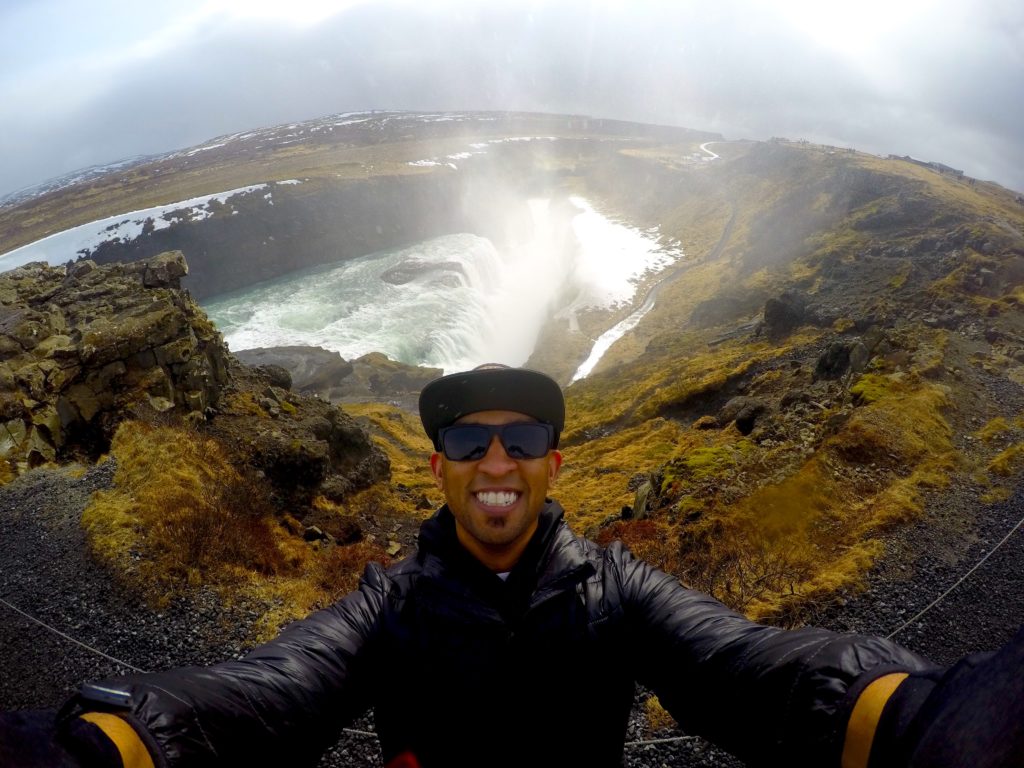
These waterfalls make Iceland feel like a totally different planet. They feel like gifts from the gods!
Subscribe to my Youtube channel and follow me on Instagram for more travel tips like these!
RELATED VIDEOS

